Special Report
50 Most Popular Restaurants That Have Closed Permanently Due to the Pandemic
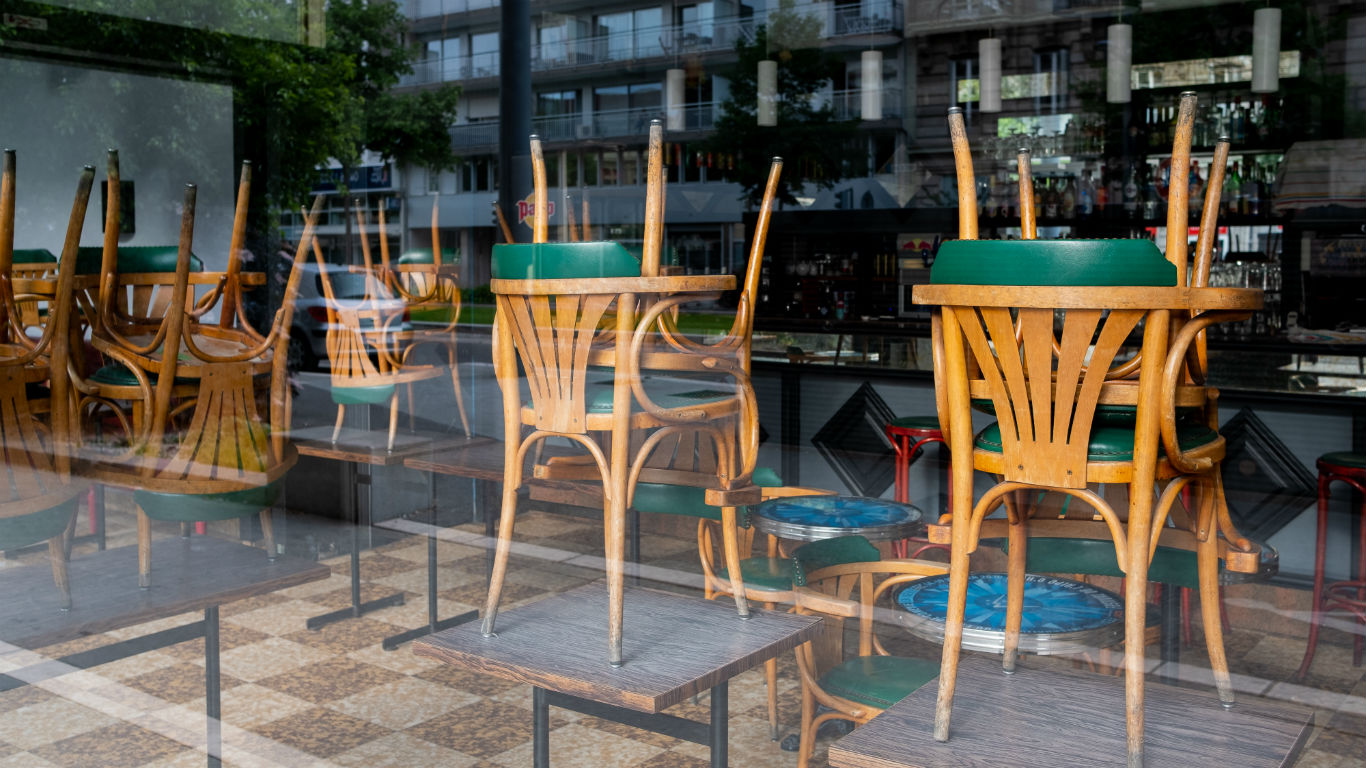
Published:

November has brought mixed messages about the fate of the American restaurant industry in the coming months. A report by capital market company BTIG suggests that the situation is “less dire” than has been predicted. Peter Saleh, a BTIF analyst, told Nation’s Restaurant News, “While we expect an elevated level of restaurant closures this year, we believe the figure will be in the high-single digit range, far below dire forecasts of 30% or more closure rates that have circulated.”
But some 100,000 restaurants around the country have already closed either permanently or indefinitely, according to the National Restaurant Association (NRA). A survey of NRA members also found that 40% think they’ll likely be out of business within six months if there is no further support from the federal government. The NRA had earlier predicted that overall restaurant sales this year will be $240 billion less than sales projections before COVID-19.
And there’s more bad news. In recent weeks, as coronavirus cases have spiked nationwide, some states have lowered capacity limits for indoor dining again or banned inside service altogether. Such restrictions pose further difficulties for operators as colder weather sets in, curtailing outdoor dining options. The particulars change almost daily, but here are some of the restaurant reopening restrictions in every state.
The industry is fighting back where it can. Capacity restrictions and other rules are being legally challenged in various places by restaurant industry groups, and some restaurateurs are simply openly defying government orders and remaining open as they see fit. Nonetheless, the food service business will almost certainly continue to suffer until the pandemic is brought under control, as restaurants of every kind continue to shut down for good.
Well-loved family-oriented chains like Friendly’s on the East Coast and Luby’s across Texas have recently filed for bankruptcy or gone out of business altogether. Celebrity chefs on the order of Wolfgang Puck, José Andrés, and David Chang have closed some of their establishments in major cities.
Long-lived institutions like 97-year-old Sokolowski’s University Inn in Cleveland and the centenarian Pacific Dining Car in Los Angeles — having survived the Depression and two World Wars — were no match for the coronavirus. Famed eating places, whether elegant or plain, are examples of the kinds of American businesses that might not survive the coronavirus.
Click here for the 50 most popular restaurants that won’t reopen after the pandemic
24/7 Tempo has been tracking permanent pandemic-related restaurant closures across the country since May, with frequent updates. This latest report covers popular establishments in 26 states and the nation’s capital.
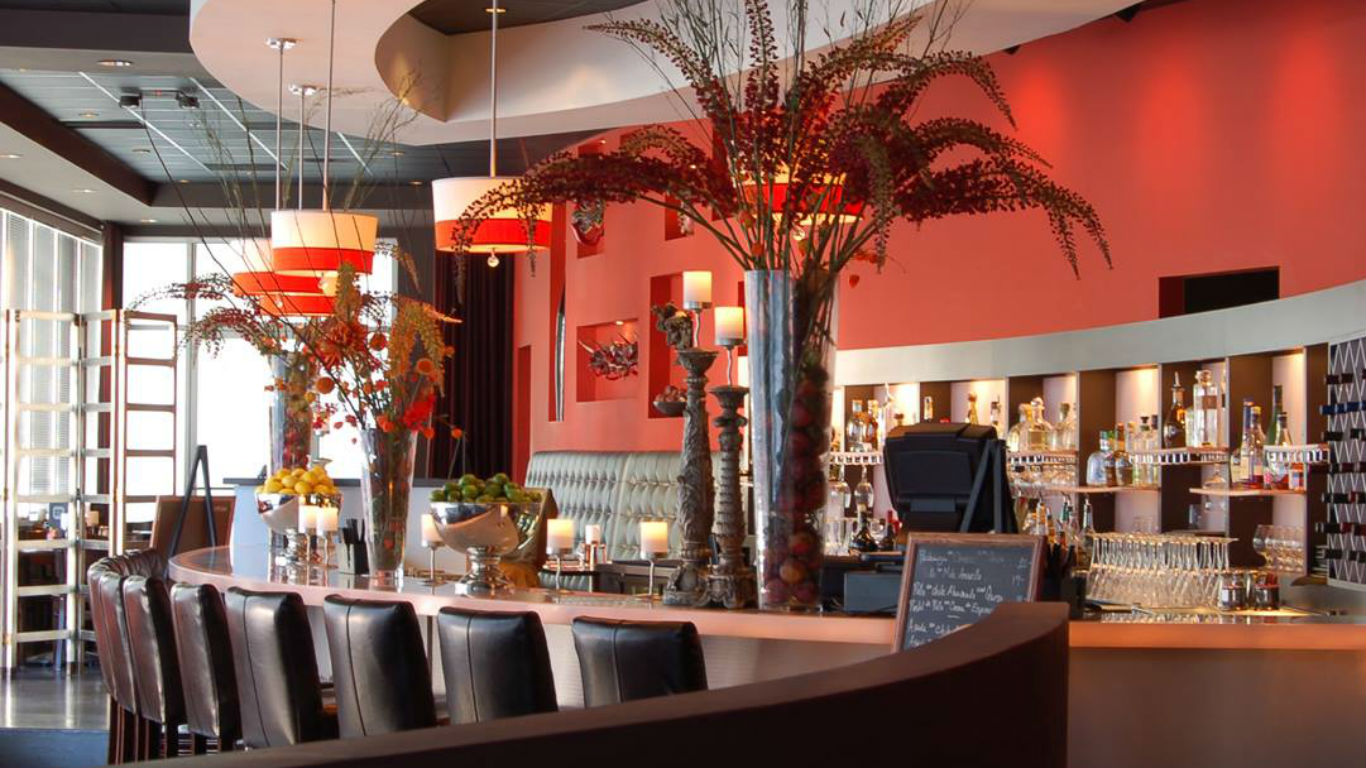
Arizona: Café Poca Cosa
> Location: Tucson
Variously described by local media as “world-renowned” and a “landmark,” this Tucson Mexican institution was born in the mid-1980s at a different location, moving to larger quarters in 1989. It is now closed for good. A statement on the restaurant’s website quotes proprietor Suzana Davila as saying that after “months of conversation and consideration” with her children, she has decided that remaining open is unfeasible. She blames “the impact of a world pandemic that did not discriminate even with the most successful of businesses.”
[in-text-ad]

California: Dialogue
> Location: Los Angeles
Chef Dave Beran, a veteran of Grant Achatz’s Michelin-three-star Alinea in Chicago, opened this 18-seat tasting-menu establishment in 2017, promptly scoring a rave review from LA Weekly and going on to win a Michelin star of his own in 2019. When COVID-19 restrictions made operating the restaurant untenable — there was little room for social distancing in the tiny dining room — Beran tried rebranding the place as Tidbits, a balcony wine bar serving small plates. That experiment came to an end on Nov. 7, and Beran has now given up the place completely.
California: M.Y. China
> Location: San Francisco
This upscale regional Chinese restaurant was opened in 2012 by chef Martin Yan — known for his many TV food shows and appearances as a judge on “Iron Chef” and other cooking competition programs — and partners Ronny and Willy Ng of the Bay Area’s Koi Palace restaurants. The place closed for what was supposed to be a temporary hiatus earlier this year, but a spokesperson for the Westfield San Francisco Centre mall, where M.Y. China was located, told Eater that it “will not be returning to the center” even after the pandemic subsides.
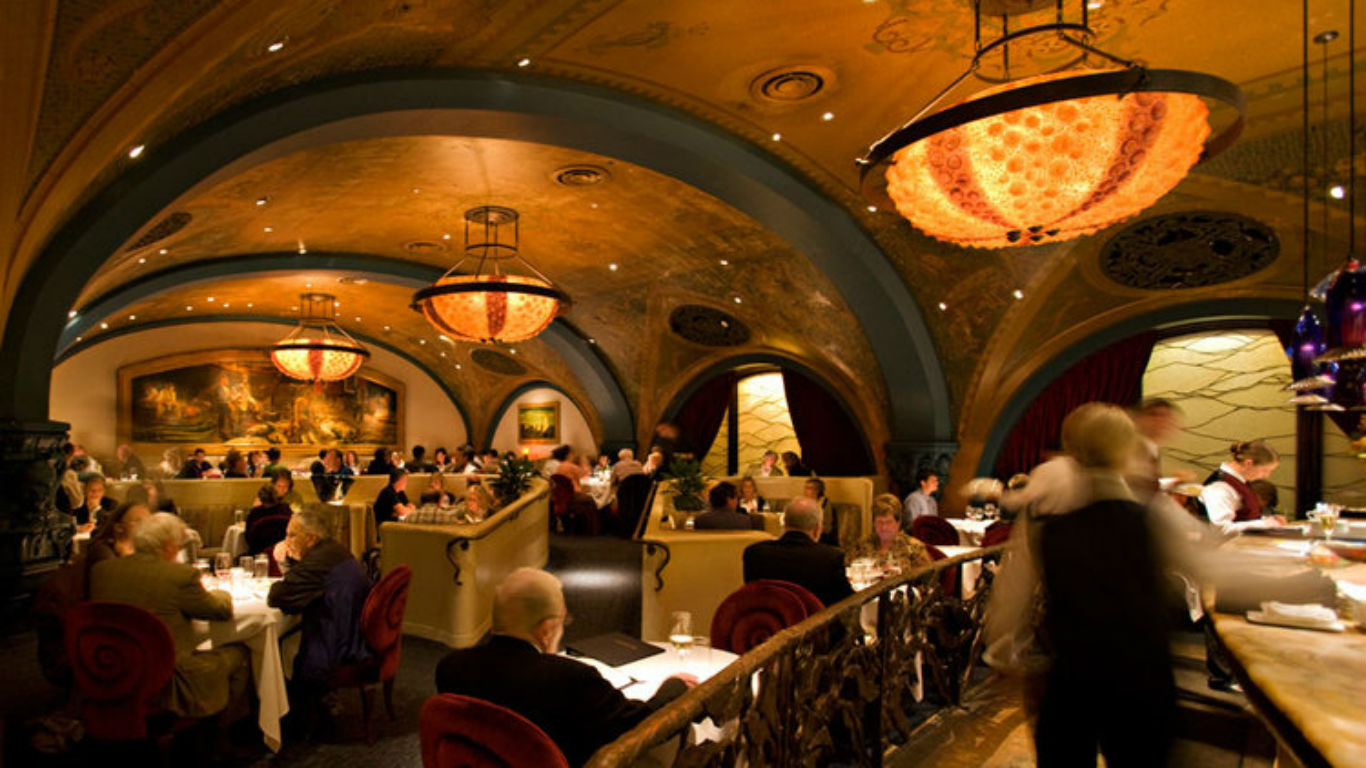
California: Farfallon
> Location: San Francisco
Described by the San Francisco Chronicle as a “fantastical seafood restaurant,” Farfallon was noted for its over-the-top decor, which included jellyfish lamps hanging from the ceiling, octopus stools, and a staircase covered with 50,000 iridescent blue marbles. But now the restaurant has called it quits. The 23-year-old establishment has been closed since March, and co-owner Pete Sittnick told the Chronicle that “It was just not going to make sense given all the ramifications of the pandemic for Farallon to try to reopen either as it was — as a fine-dining restaurant with a lot of seats — or to try to think about how to pivot the restaurant.”
[in-text-ad-2]
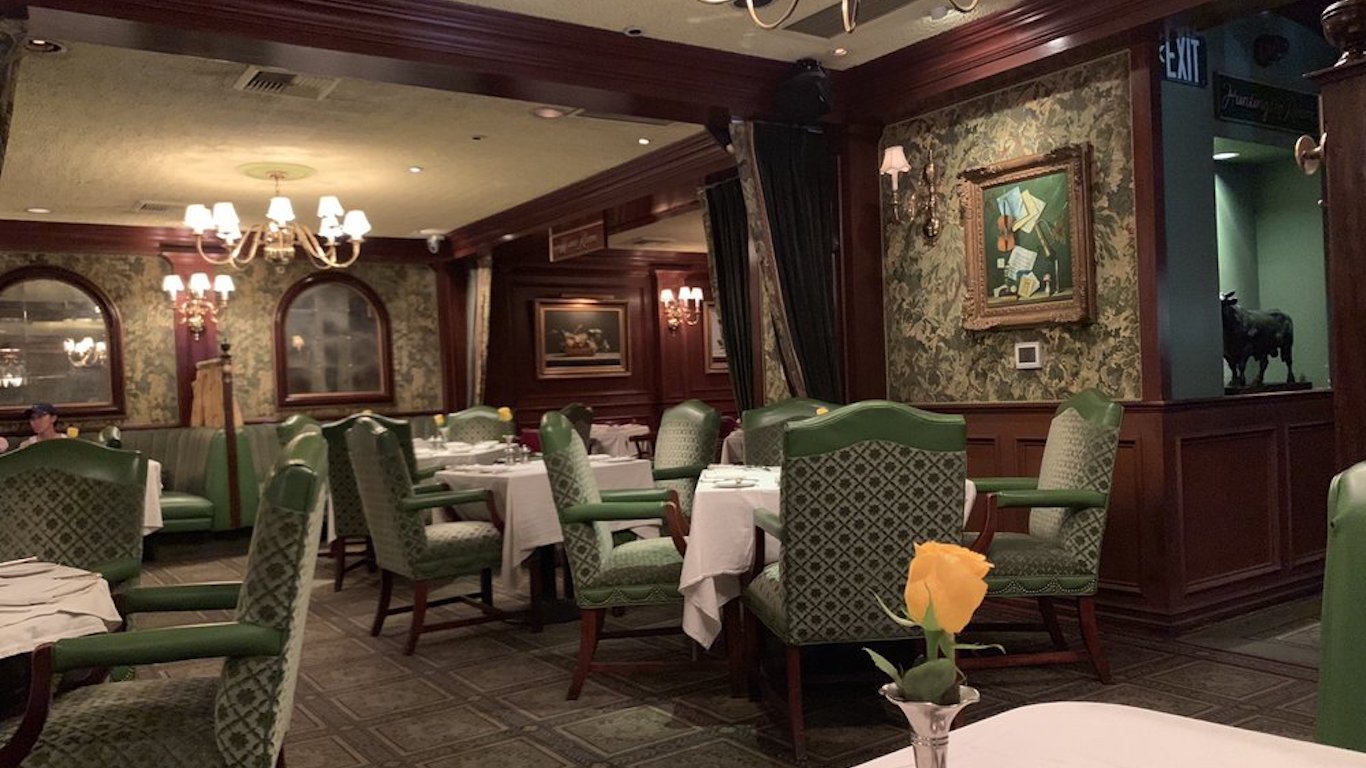
California: Pacific Dining Car
> Location: Los Angeles
This legendary steakhouse’s 30-year-old Santa Monica offshoot closed for good in June. Now it’s the original’s turn. Almost a century old (it was founded in 1921), this downtown landmark was open 24 hours a day, seven days a week. It was famous for serving customers of every description, dressed in everything from black tie to beach togs. An article two years ago in the Los Angeles Times noted that servers have “waited on strippers, dispensary owners and the San Antonio Spurs.” A statement on the restaurant website says, “We’re taking a beat to assess what next steps are regarding COVID-19 city mandates” — but the Dining Car’s furniture, equipment, and memorabilia are being sold off at auction, and owner Wes Idol says that the operation is switching to online sales only.
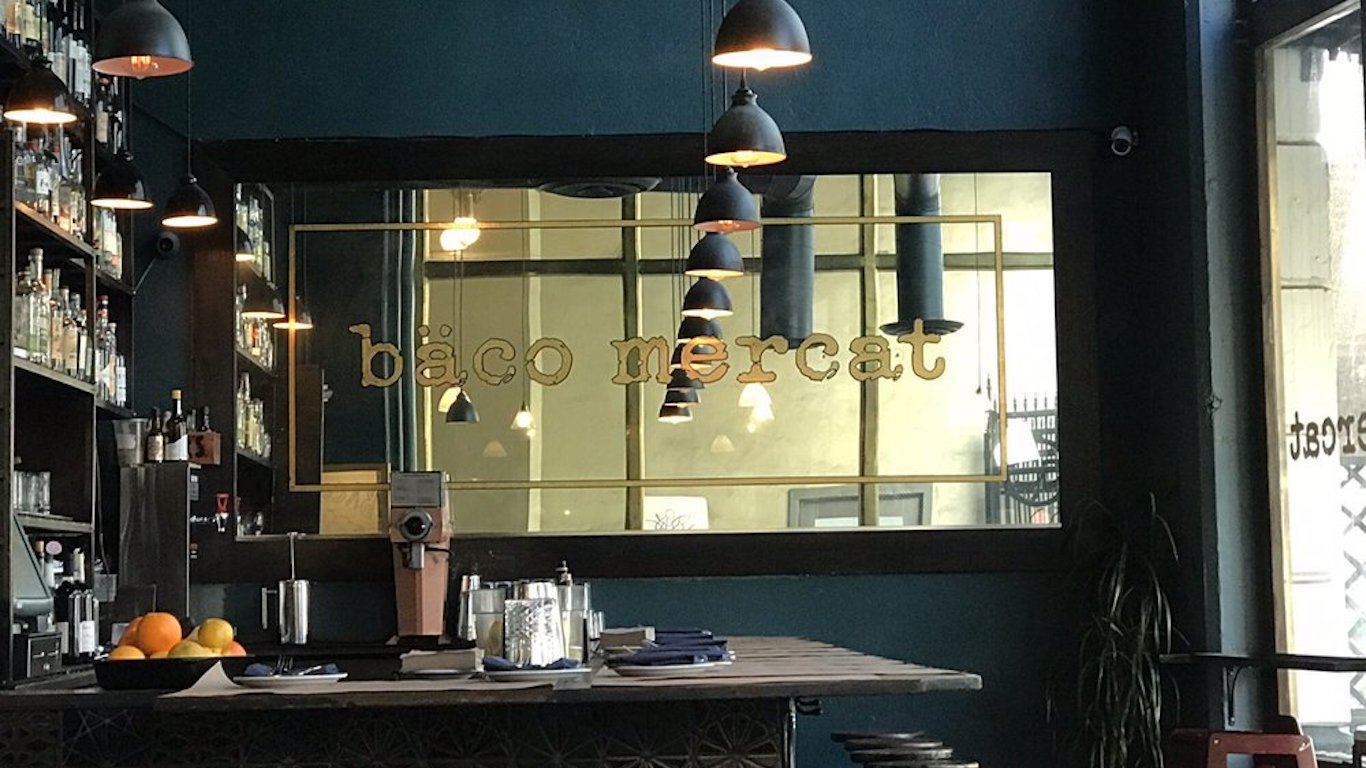
California: Bäco Mercat
> Location: Los Angeles
In what Time Out described as “a shocking turn,” noted Los Angeles chef-restaurateur Josef Centeno — whose other establishments, Orsa and Winston, has a Michelin star — closed Bäco Mercat early in August. Known for its flatbread sandwiches, fried chicken, and seasonal small plates, the establishment is credited with having kicked off the lively downtown L.A. dining scene when it opened in 2011. “I’m not one for dwelling too much on anything,” wrote Centeno philosophically in a statement on the restaurant’s Instagram page when he announced its closing. “I know that there is always a beginning, a middle and an end.”
[in-text-ad]
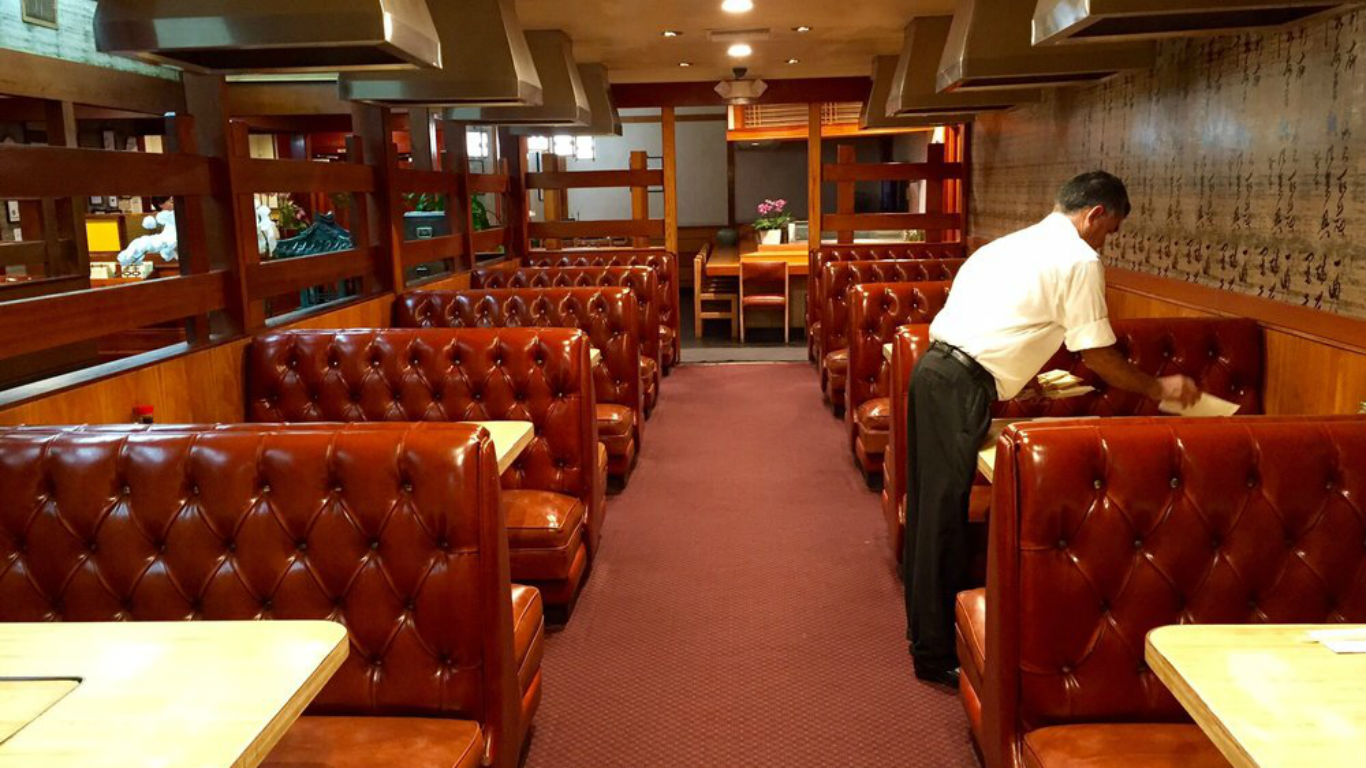
California: Dong Il Jang
> Location: Los Angeles
Los Angeles is home to the world’s largest Korean community outside Korea itself, and its ever-growing Koreatown neighborhood has long been famous for its many restaurants, serving both traditional and modern Korean fare. Dong Il Jang was one of the oldest of these, launched 41 years ago. In announcing on Instagram that this year was their last, the owners wrote, “Over the four decades we have been through many difficult situations but the Covid-19 pandemic has made it very difficult for us to survive …”
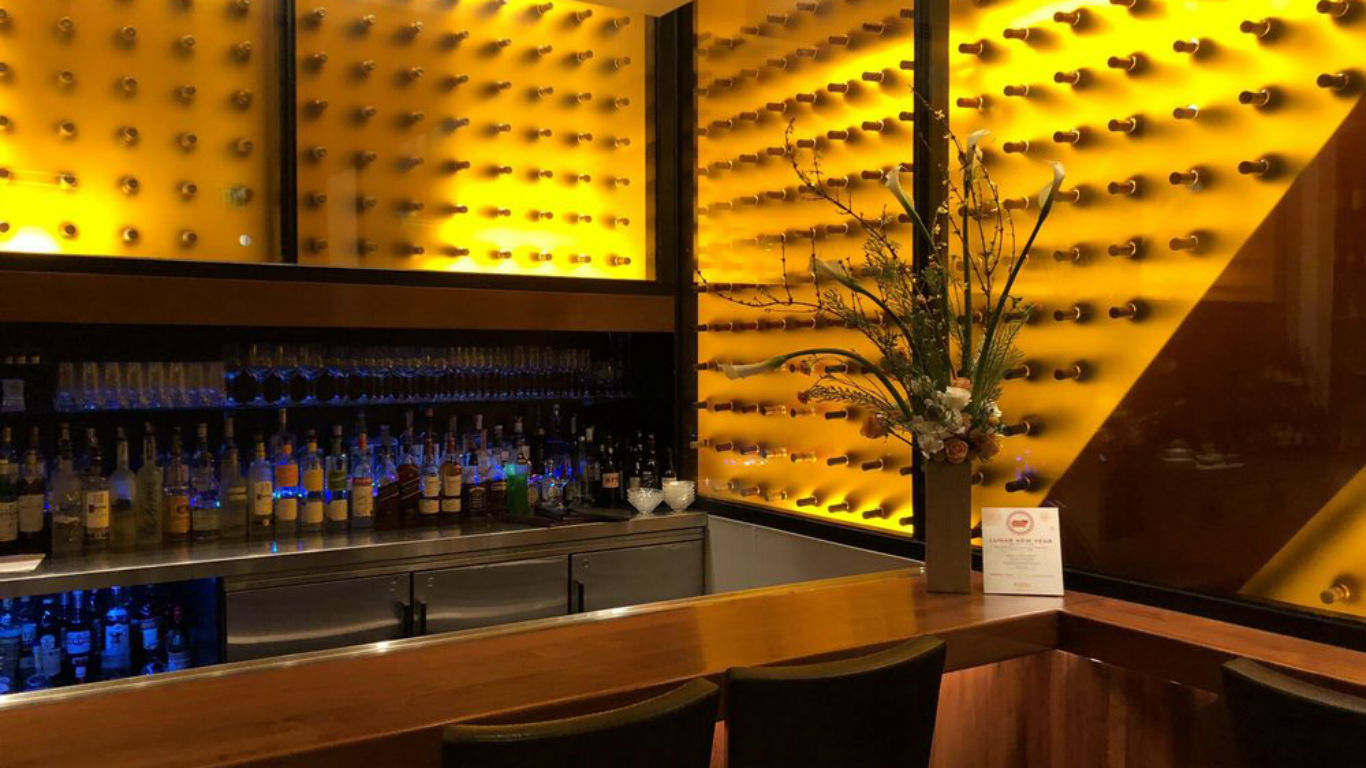
California: Patina
> Location: Los Angeles
German-born, French-trained chef Joachim Splichal opened the original Patina in Hollywood in 1989, moving it downtown to the Frank Gehry-designed Walt Disney Concert Center in 2003. Patina eventually spawned an empire of more than 50 other restaurants in five states and Japan, and while Splichal no longer owns the Patina Restaurant Group, the original had remained his flagship. Though no official announcement of its closing has been made, employees recently received letters of termination, effective Aug. 15, and the restaurant no longer appears on the group website.
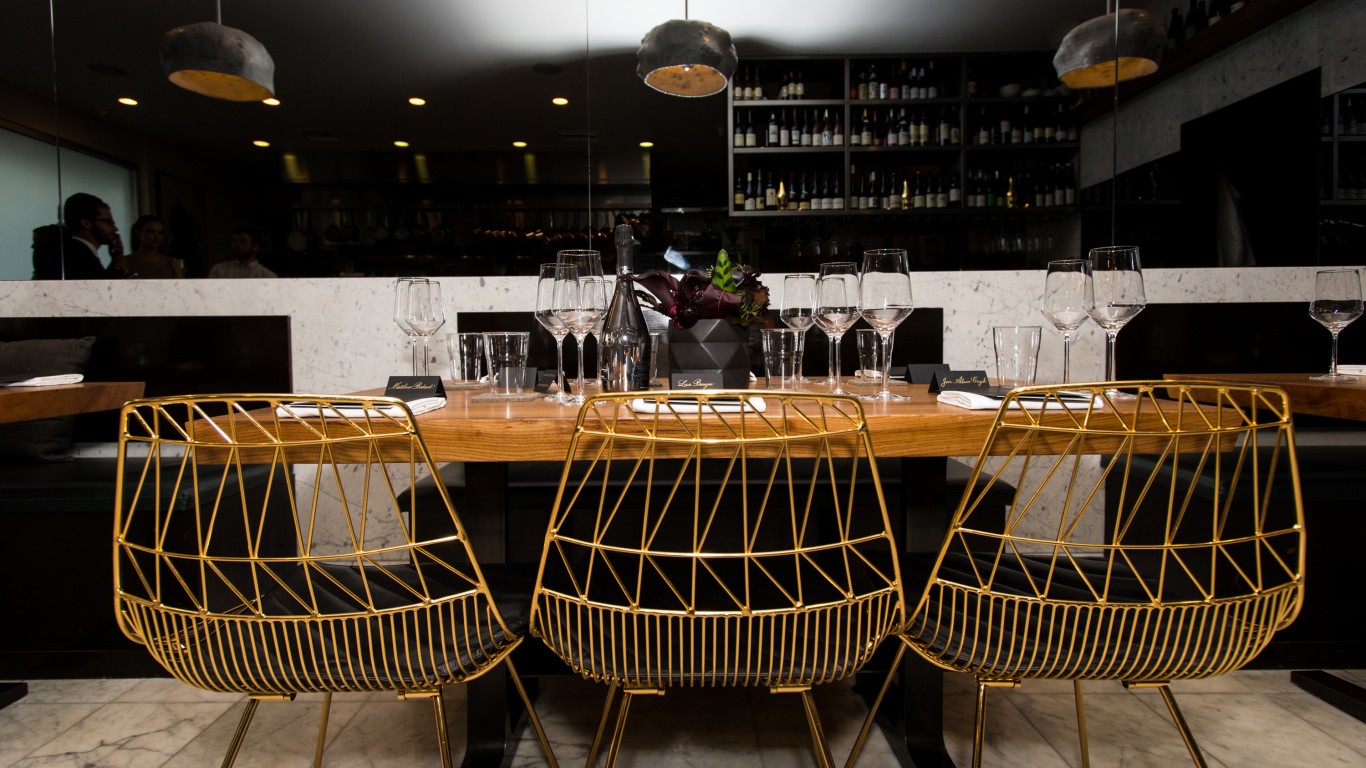
California: Trois Mec
> Location: Los Angeles
According to the New York Times, the proprietors of this hole-in-the-wall tasting-menu restaurant — French chef Ludo Lefebvre and his American colleagues Jon Shook and Vinny Dotolo (of the popular Animal and Son of a Gun) — “are surely among the most influential restaurateurs” in L.A. Unfortunately, neither their prominence nor their Michelin star helped them survive the pandemic. “Covid-19 has changed everything,” Lefebvre wrote on his Instagram page, adding, “I had to accept the reality that it was time to let the idea of reopening Trois Mec go.”
[in-text-ad-2]
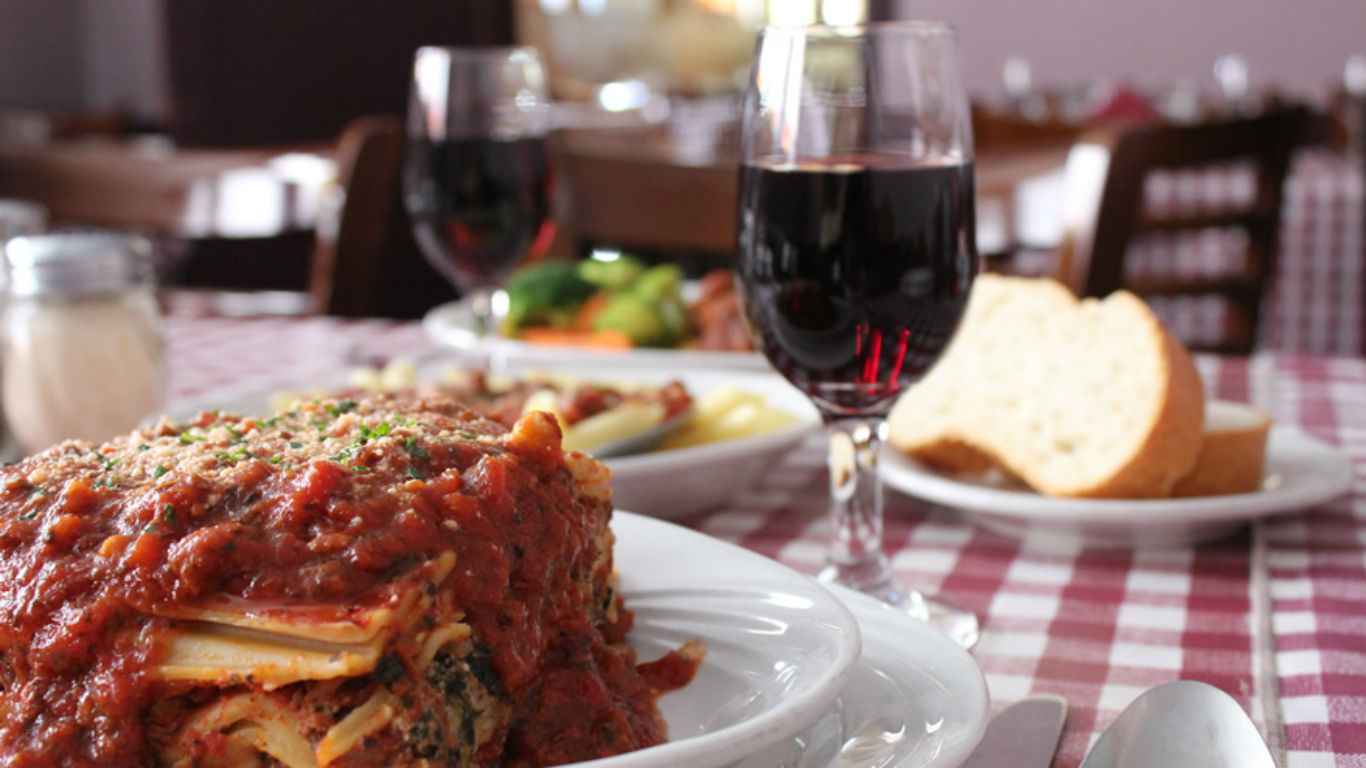
California: Español Italian
> Location: Sacramento
Español Italian Restaurant — the oldest continuously operating restaurant in the state capital, opened in 1923 — has announced that it has permanently ceased operations. Originally, the dining room at the Hotel Español, or Spanish Hotel, was known for Basque food. When the Luigi family bought it in 1959, they switched to Italian fare, moving the place to its current location in 1965. Looking at the books in early July, co-owner Perry Luigi told Valley Community Newspapers, he “kind of made the decision that we can’t stay open another month or everything will be gone.”
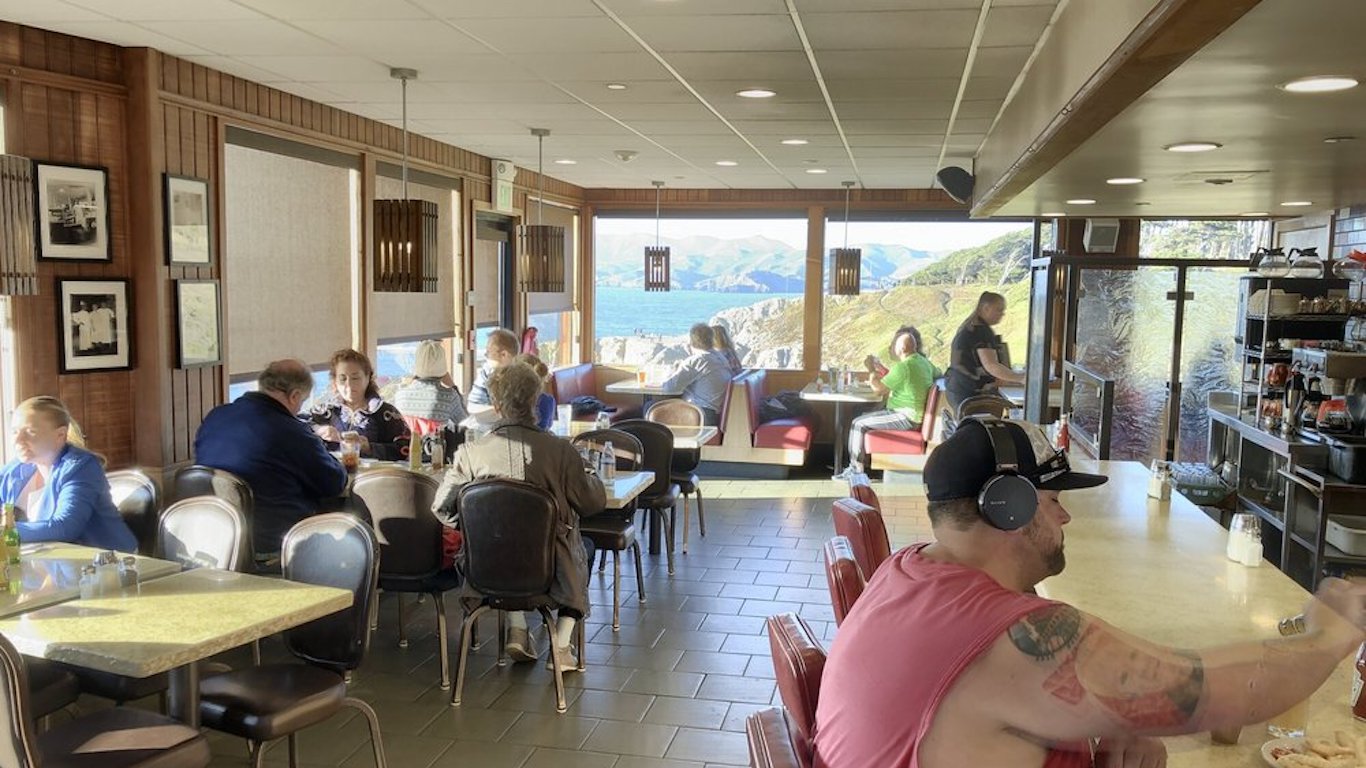
California: Louis’
> Location: San Francisco
A San Francisco restaurant icon that opened in 1937 above the remains of the historic 1894-vintage public swimming complex called Sutro Baths, Louis’s is no more. The owners — grandchildren of the original owners — posted a message on the restaurant Facebook page in mid-July reading in part “After much deliberation and a lot of tears we have decided after 83 continuous years of business…to close our business permanently.”
[in-text-ad]
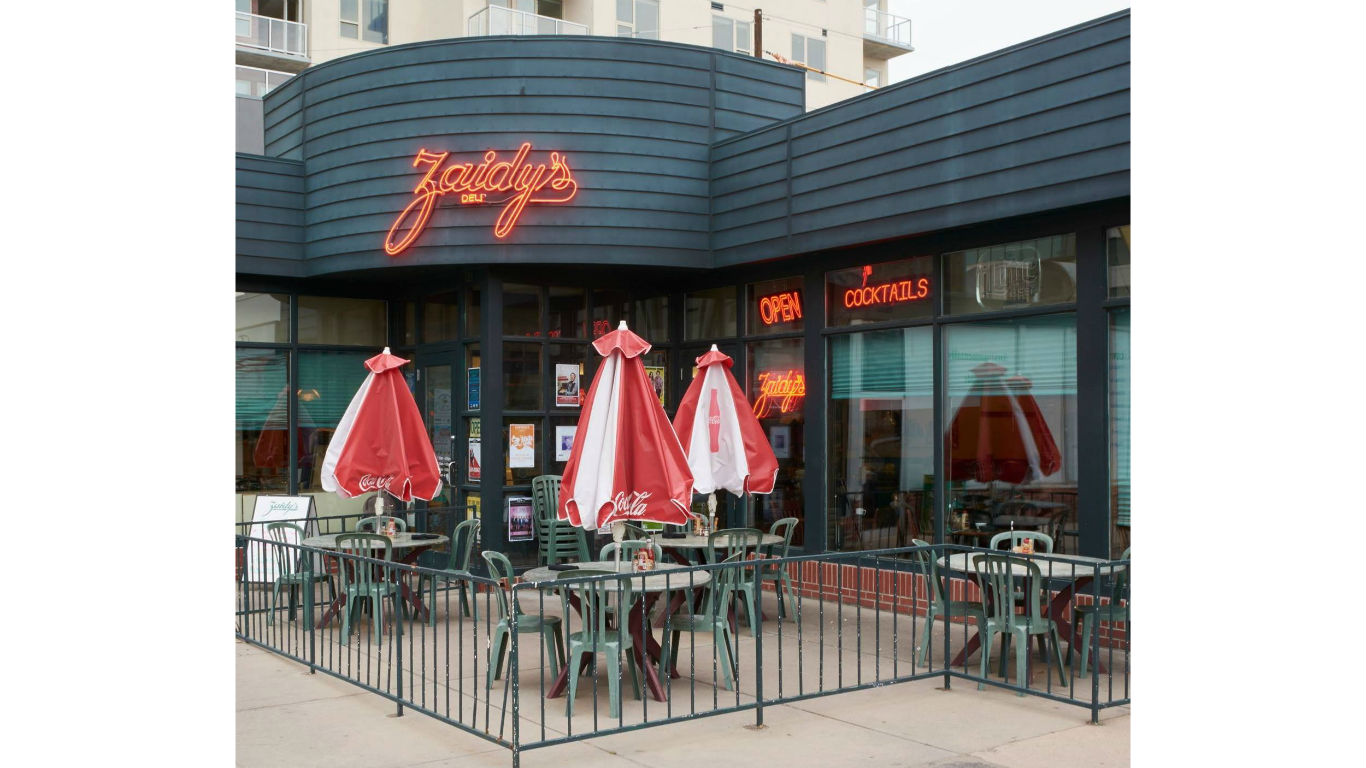
Colorado: Zaidy’s Deli
> Location: Denver
Opened in 1992 in Denver’s Cherry Creek neighborhood, Zaidy’s became a go-to place for Reuben sandwiches and other classic deli fare. In announcing that it is now “closing its doors indefinitely,” a statement from the owners on the deli website explained that they had “made the decision to stop compromising the integrity and quality of our renowned Jewish comfort food in order to stay open, no matter how much we wish we could.”
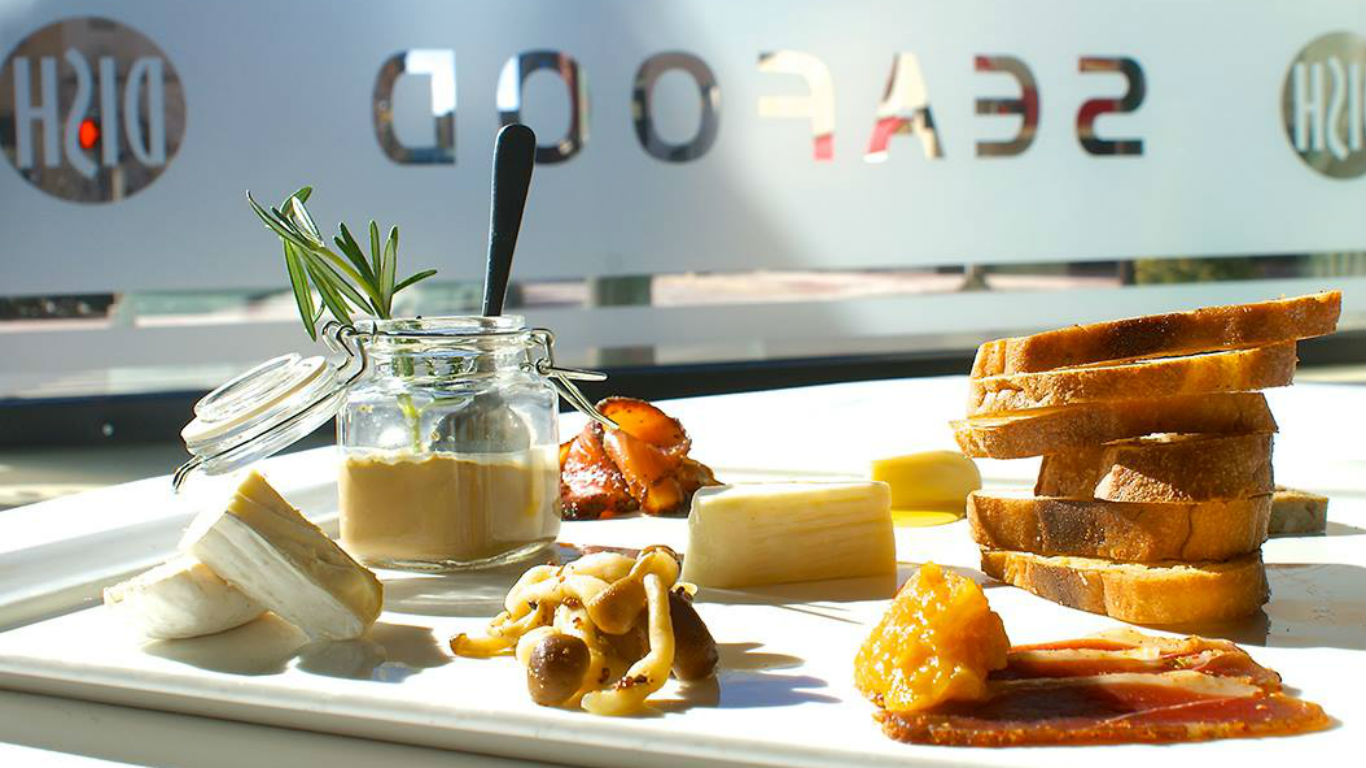
Connecticut: Dish Bar & Grill
> Location: Hartford
A favorite with the downtown business community, originally shut down on a temporary basis in March, Dish announced in August that it was closed for good. Co-owner Bill Carbone told the Hartford Courant that “Without outdoor dining, with the size of the space, and with very little corporate business downtown at this point in time,” reopening “just doesn’t make sense.” He cited the fact that major local employers like insurance companies Aetna and The Hartford have told their workers to stay home until the end of the year as a contributing factor to the decision.
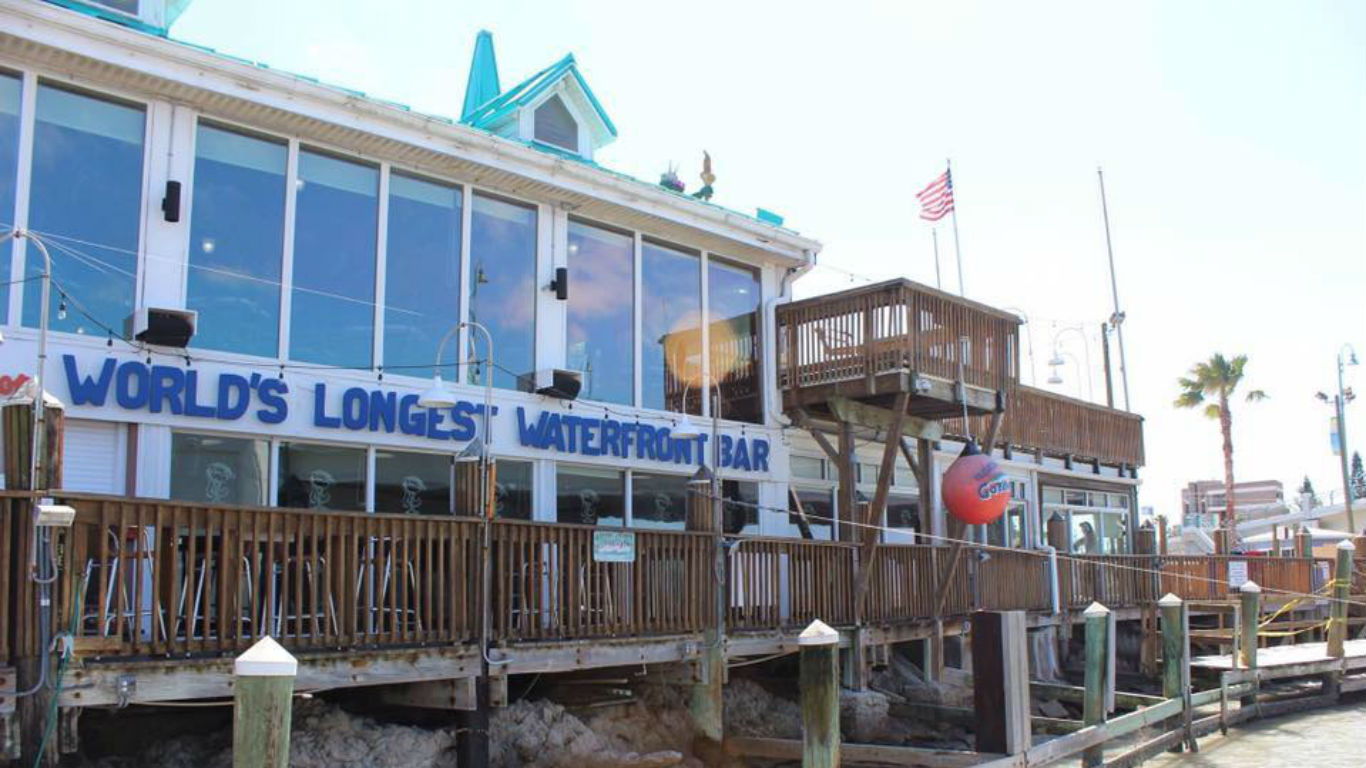
Florida: Gator’s Cafe
> Location: Treasure Island
This 30-year-old waterfront restaurant and sports bar in the John’s Pass Village and Boardwalk complex southwest of Tampa — known for its collection of Florida Gators memorabilia — has been closed since the onset of the coronavirus pandemic in March. Now it has called it quits for good, announcing on its Facebook page in mid-October that “With a heavy heart, we deliver the news that Gator’s Cafe will not be reopening.”
[in-text-ad-2]
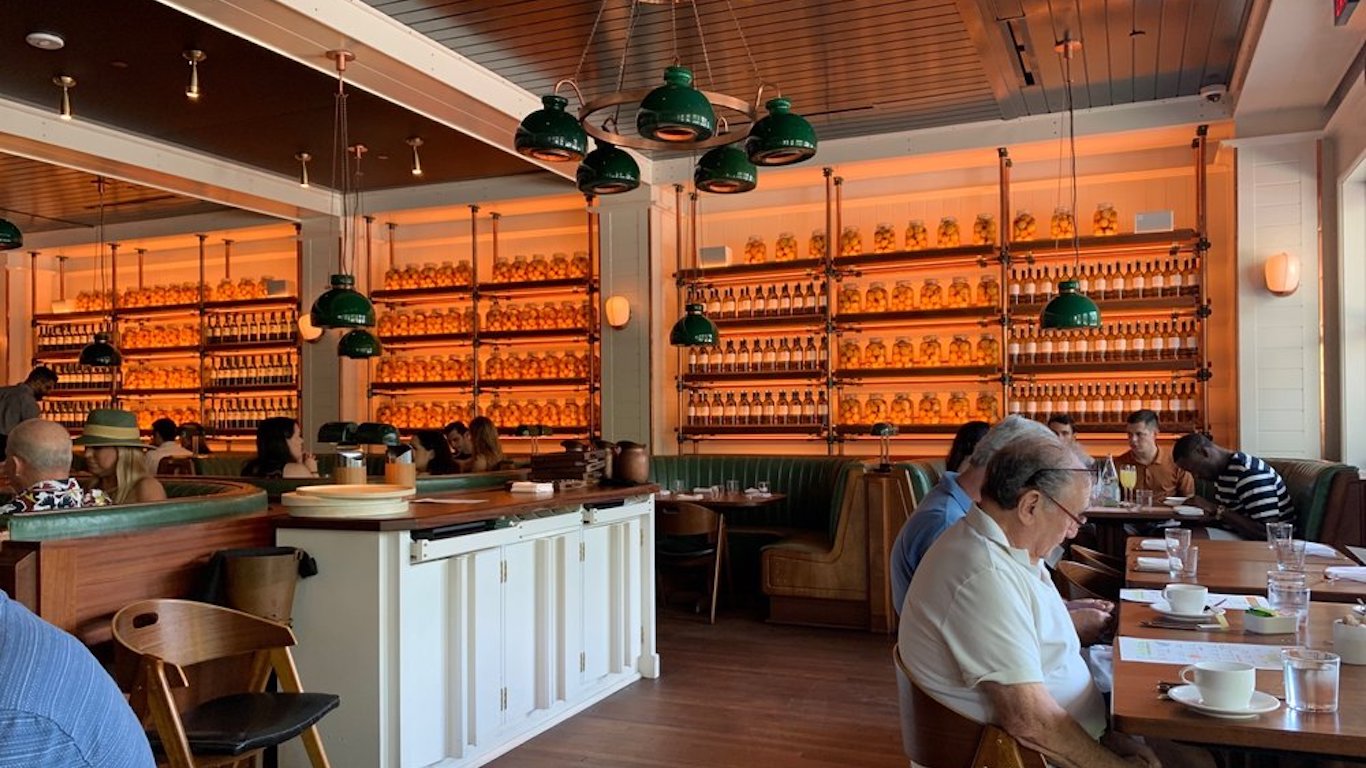
Florida: Upland
> Location: Miami
Philadelphia restaurateur Steven Starr, who operates dozens of acclaimed restaurants in several states, permanently closed this California-style establishment — an offshoot of the popular Upland on Park Avenue in New York City — in early September. Besides shuttering, the restaurant filed for Chapter 11 bankruptcy protection, listing 17 creditors. “The realities of the impact of the pandemic and the gamble on the unknowns of when life will resume left this specific operating entity with little choice,” Starr told the Philadelphia Business Journal.
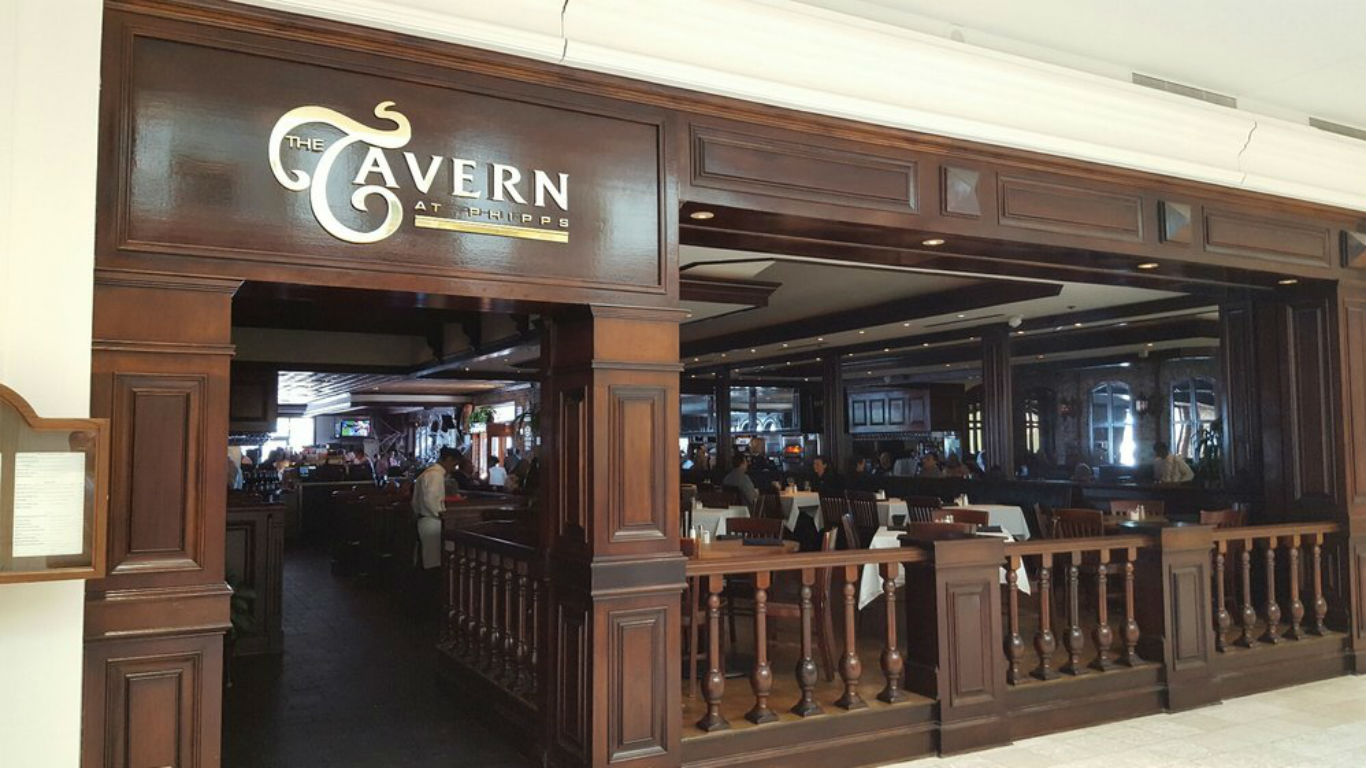
Georgia: The Tavern at Phipps
> Location: Atlanta
“Since 1992,” according to the still-active website of this Buckhead mainstay, known for its sandwiches, steaks, and pasta dishes, “The Tavern at Phipps has served over five million patrons and counting.” The counting stopped in early October, when the place, which shut down initially in March, announced that it would not reopen. While some sources cite a lease dispute with its landlord as having led to its demise, the director of marketing for the restaurant’s parent company told the Atlanta Journal-Constitution that the cause was “timing and the pandemic.”
[in-text-ad]
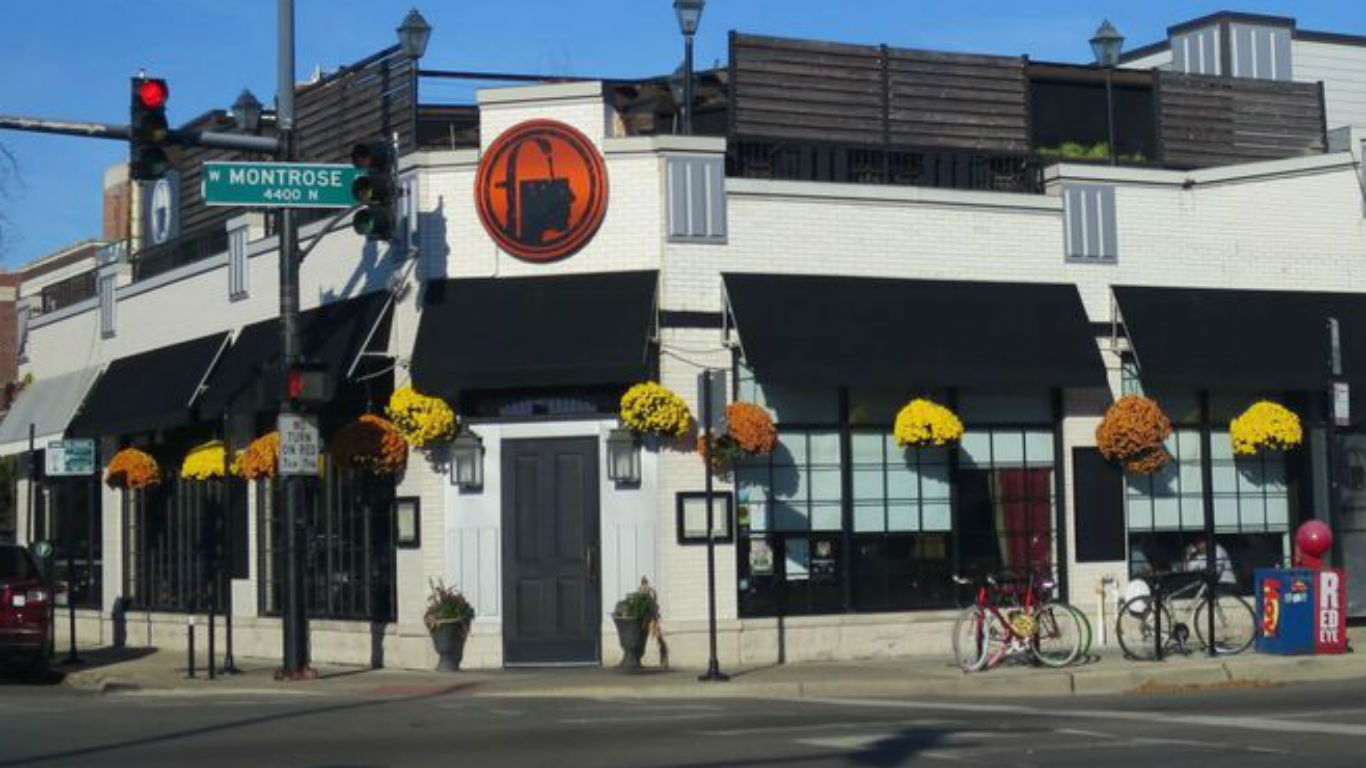
Illinois: Fountainhead
> Location: Chicago
“It is with heavy hearts that we have come to the decision to close Fountainhead effective November 14, 2020,” wrote the owners of this North Side establishment on their Facebook page on Oct. 1. According to Eater, Fountainhead “helped usher the age of the gastropub in Chicago” when it opened in 2010. The restaurant’s Facebook statement went on to say, “We would like to hold out a little bit of hope that if, by chance, the situation changes, we will be able to stay in business.” However, they also admitted that “pressures facing our industry at this time make it financially impossible to operate past the roof deck season.”
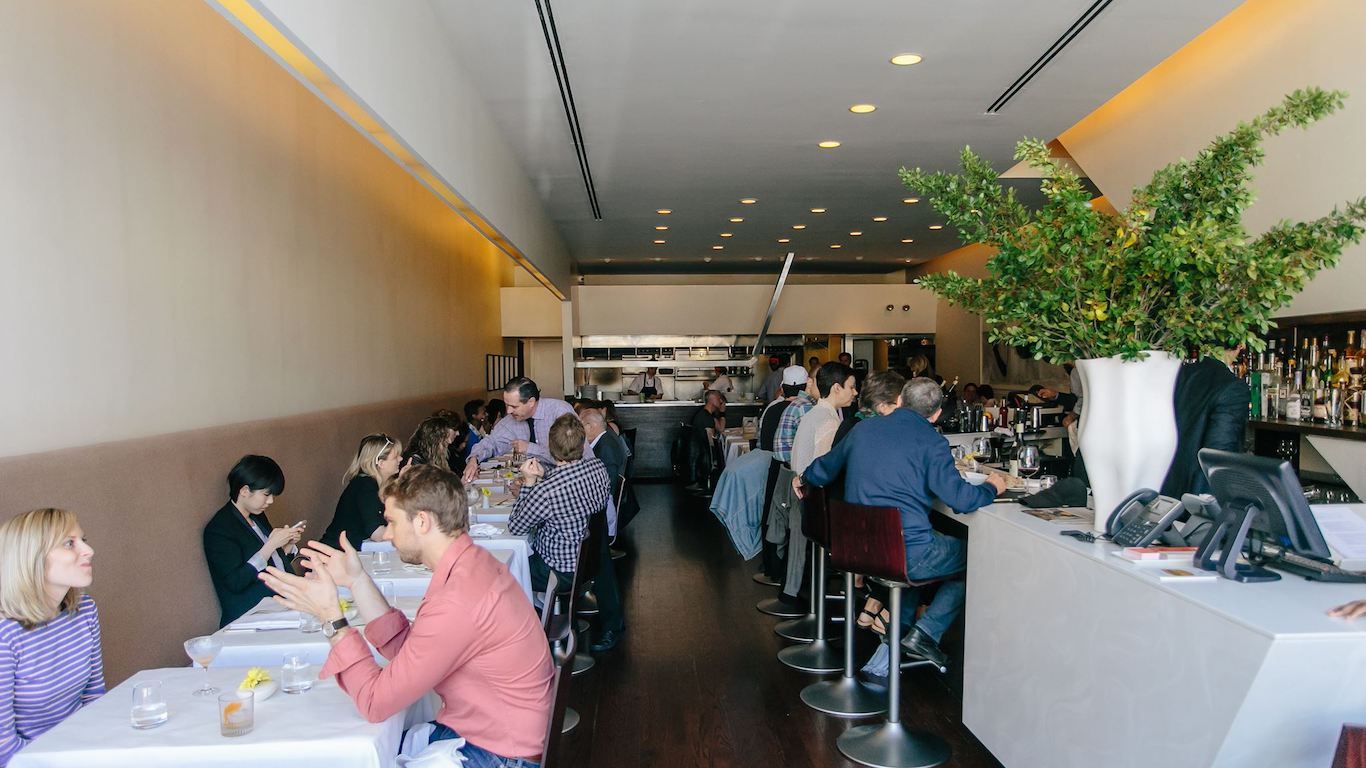
Illinois: Blackbird
> Location: Chicago
This well-loved West Loop restaurant — hailed by the Chicago Tribune as “one of Chicago’s greatest restaurants” — was opened 22 years ago by Paul Kahan, who has since become one of the city’s best-known chef-restaurateurs. (His other places include Avec, Publican, and Big Star). Blackbird’s intimate size and layout made social distancing impossible, and the restaurant announced on its website that “we have made the very difficult decision to close our doors.”
Kansas: Brookville Hotel
> Location: Abilene
Mark and Connie Martin opened this popular fried-chicken emporium in 2000, but it traces its origins to a small 1870-vintage hotel and restaurant in nearby Brookville, bought by the Martin family in 1894. Despite the establishment’s long history — and recognition as an “American Classic” by the James Beard Foundation in 2007 — the place became yet another victim of the pandemic in late September. Martin told WION-TV that he usually cleared $50,000 a year in profits, but by the time he shut down this year he had already lost $50,000.
[in-text-ad-2]
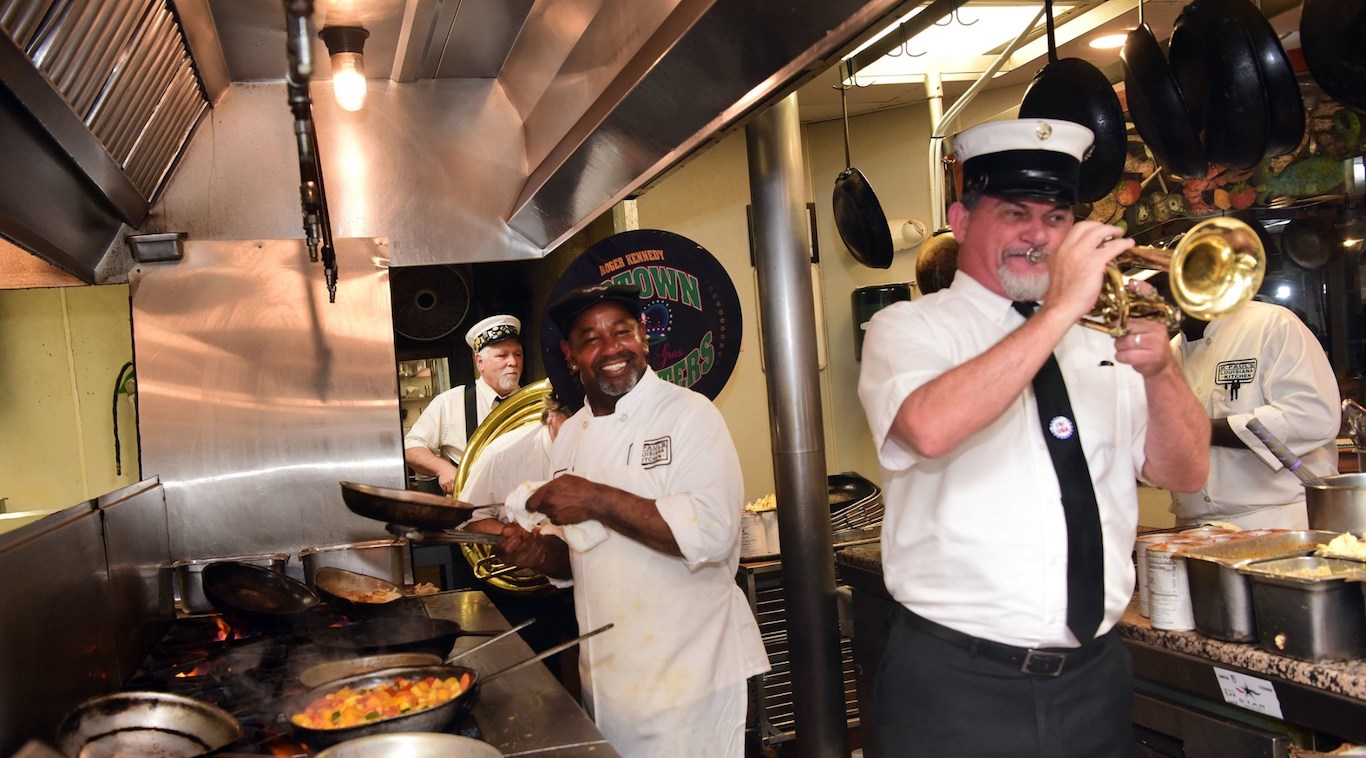
Louisiana: K-Paul’s Louisiana Kitchen
> Location: New Orleans
The demise of the legendary K-Paul’s in mid-July is one of the most significant of all COVID-related restaurant closures. This highly influential Cajun establishment was opened in 1979 by chef Paul Prudhomme and his wife, Kay, and it soon became a Crescent City bucket-list destination, with lines forming nightly outside. With such vividly flavored dishes as the iconic blackened redfish, K-Paul’s ignited a nationwide craze for Cajun cooking. Kay died of cancer in 1993 and Prudhomme passed away in 2015, but the place stayed open under the chef’s niece, Brenda Prudhomme, and her chef husband, Paul Miller.
After several coronavirus-mandated closings and reopenings earlier this year, though, they issued a statement on July 13 “regretfully announcing permanent closure of K-Paul’s Louisiana Kitchen.” Miller explained to NOLA.com that “The business has been bleeding through this, and you can only bleed so much before you have to stop it.”
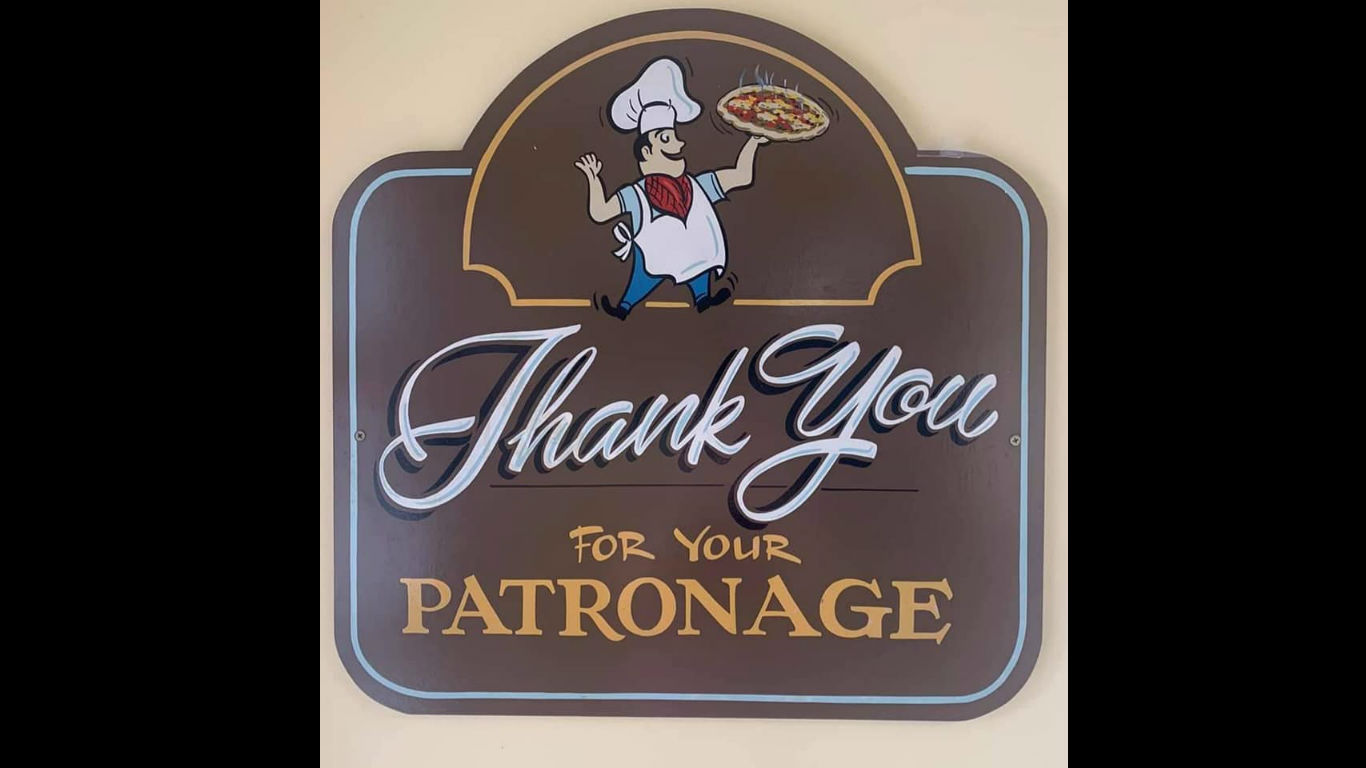
Maine: Reno’s Family Restaurant
> Location: Caribou
“People from Aroostook County and beyond have been enjoying Reno’s Family Restaurant’s one-of-a-kind pizzas for over half a century,” enthused an article in The County in January. Co-owner Danny Corriveau added that he hoped to continue running the 55-year-old place for the next decade. Then came COVID-19. The Corriveau family posted a notice on Reno’s website, announcing that the restaurant would close on Sept. 30. “Face masks, plexiglass shields, it’s just not what Reno’s was,” Corriveau told WAGM-TV.
[in-text-ad]
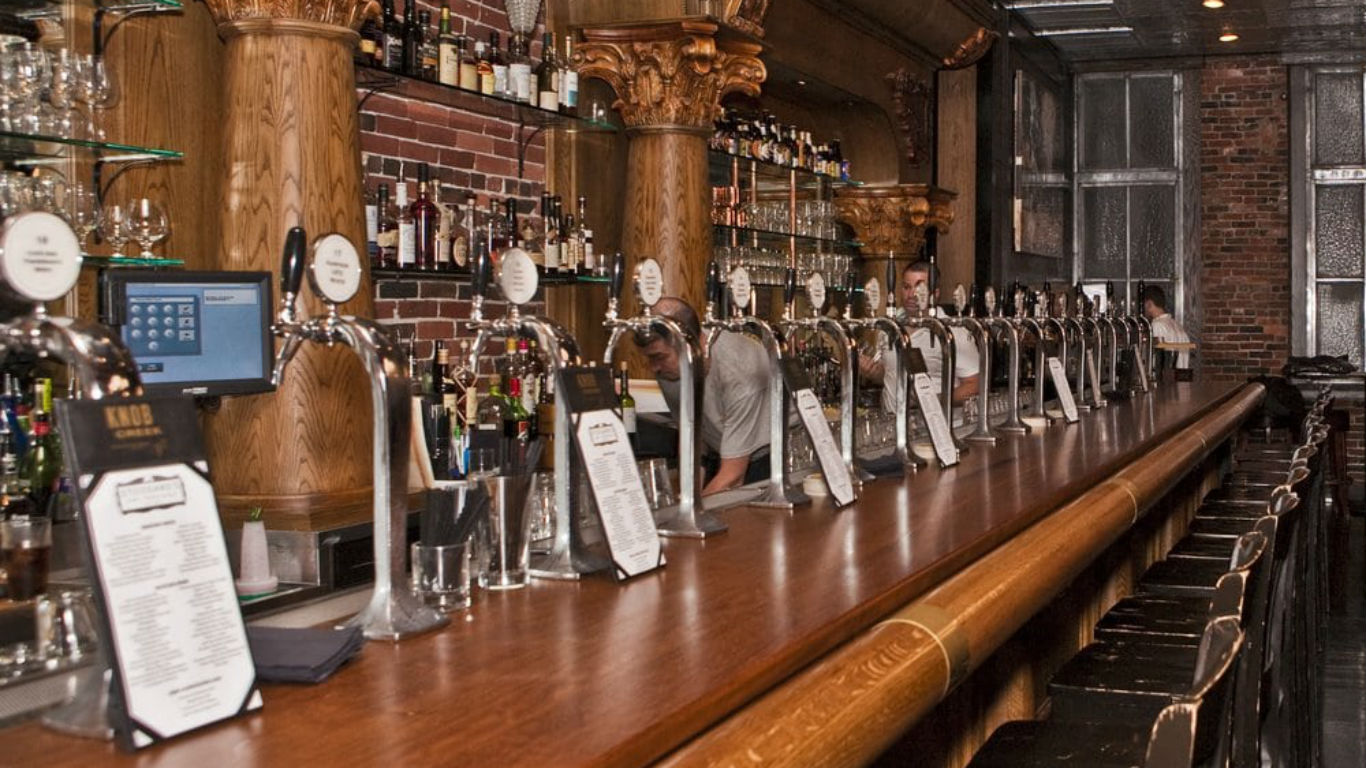
Massachusetts: Stoddard’s Fine Food & Ale
> Location: Boston
Once hailed as one of the best gastropubs in America by Food & Wine, this popular 10-year-old aftershow stop for patrons of the Downtown Crossing district’s theaters has permanently turned out the lights. “It’s time to say goodbye,” wrote owner Frankie Stavrianopoulos on Facebook. According to a Twitter post by one of his partners in the enterprise, Ace Gershfield, the place counted on revenue not only from theater patrons but also from local office workers, and both groups were now largely absent from the area.
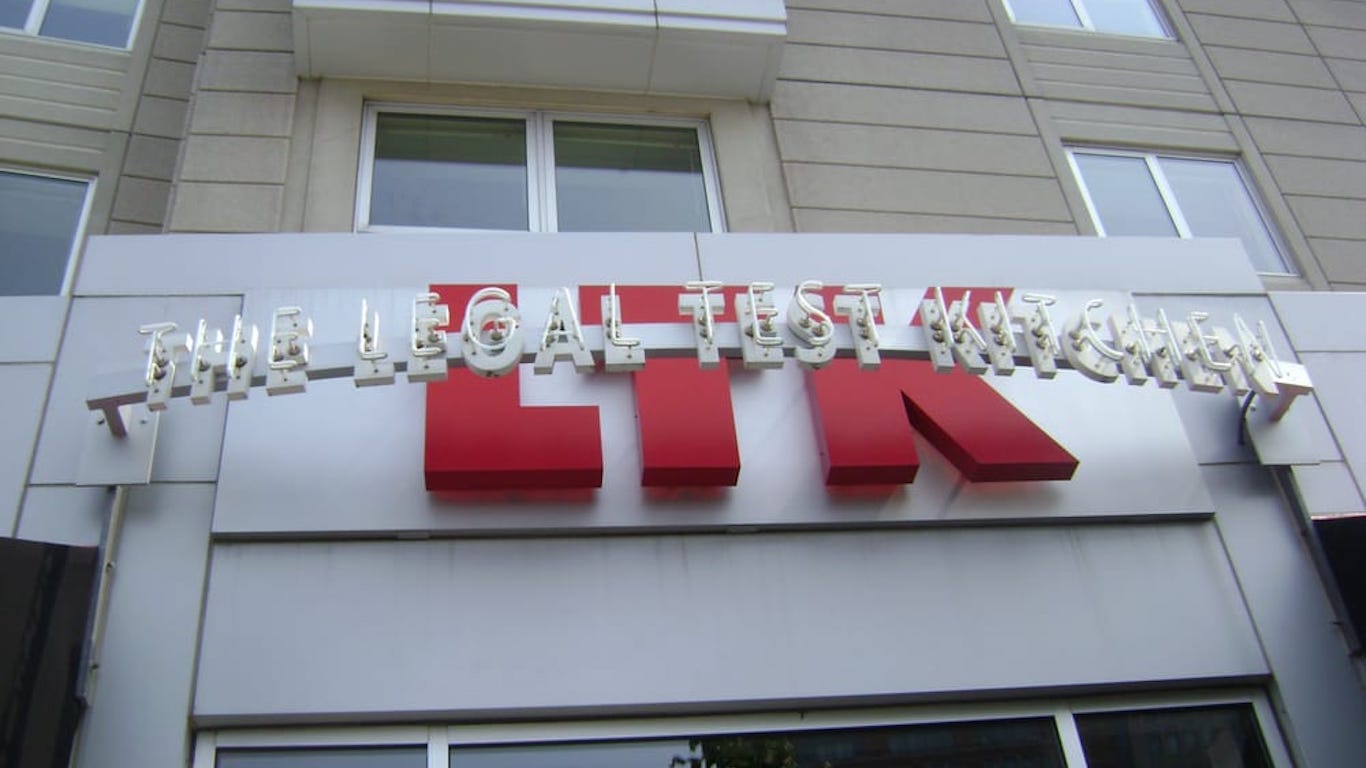
Massachusetts: Legal Test Kitchen
> Location: Boston
A branch of the famed Massachusetts fish and shellfish chain Legal Seafoods, this once-bustling 15-year-old establishment in Boston’s Seaport district is now out of business, according to information reported on Aug. 27. “Due to the lack of area business and travel … “the company felt it didn’t make sense to reopen the location,” Legal explained to Boston.com. There is one other Test Kitchen location at the city’s Logan Airport (the idea was that the Test Kitchens would experiment on dishes not found on the chain’s usual menus). It is currently closed but will reopen in early fall. Meanwhile, 11 other Legal Seafood locations around the state remain open.
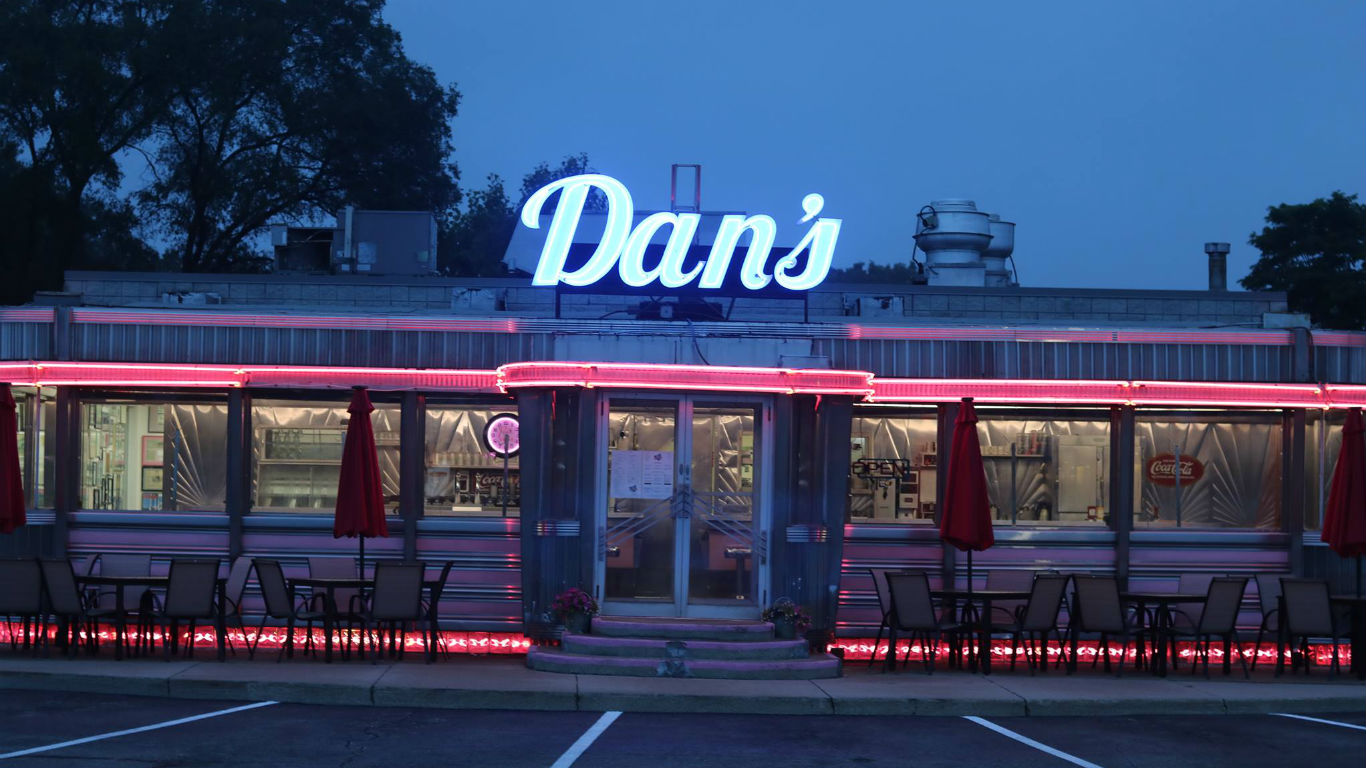
Michigan: Dan’s Diner
> Location: Grand Rapids
Built in 1954 in New Jersey — the so-called Diner Capital of the World — and originally called Pal’s Diner, this old-style eatery was moved to Grand Rapids in the early 1990s, becoming Dan’s Diner when chef Dan Chudik bought it in 2018. The diner was able to stay open in the pandemic’s early days, alternating between dine-in and takeout as Michigan restrictions changed, and receiving PPP money to help pay employees. However, when the state issued a new ban on indoor dining on Nov. 18 for a minimum of three weeks, Chudik threw in the towel. “Whether or not shutting down restaurants is right or not, who knows?” he told Michigan Live. “But if we can lower the numbers and keep people from dying, then you got to do what you got to do.”
[in-text-ad-2]
Michigan: Wolfgang Puck Steak
> Location: Detroit
As further proof, if any were needed, that even restaurants run by world-famous celebrity chefs can’t necessarily survive the pandemic, Wolfgang Puck has announced that he will not reopen his eight-year-old upscale steakhouse in the MGM Grand Detroit casino. Though he hasn’t specifically blamed the effects of the coronavirus for the closure, the restaurant has been dark throughout the course of the pandemic, and business would now be restricted as Michigan has reopened casinos with only limited capacity. Earlier this year, two other Puck properties shut down — Five Sixty in Dallas and The Source in Washington, D.C.
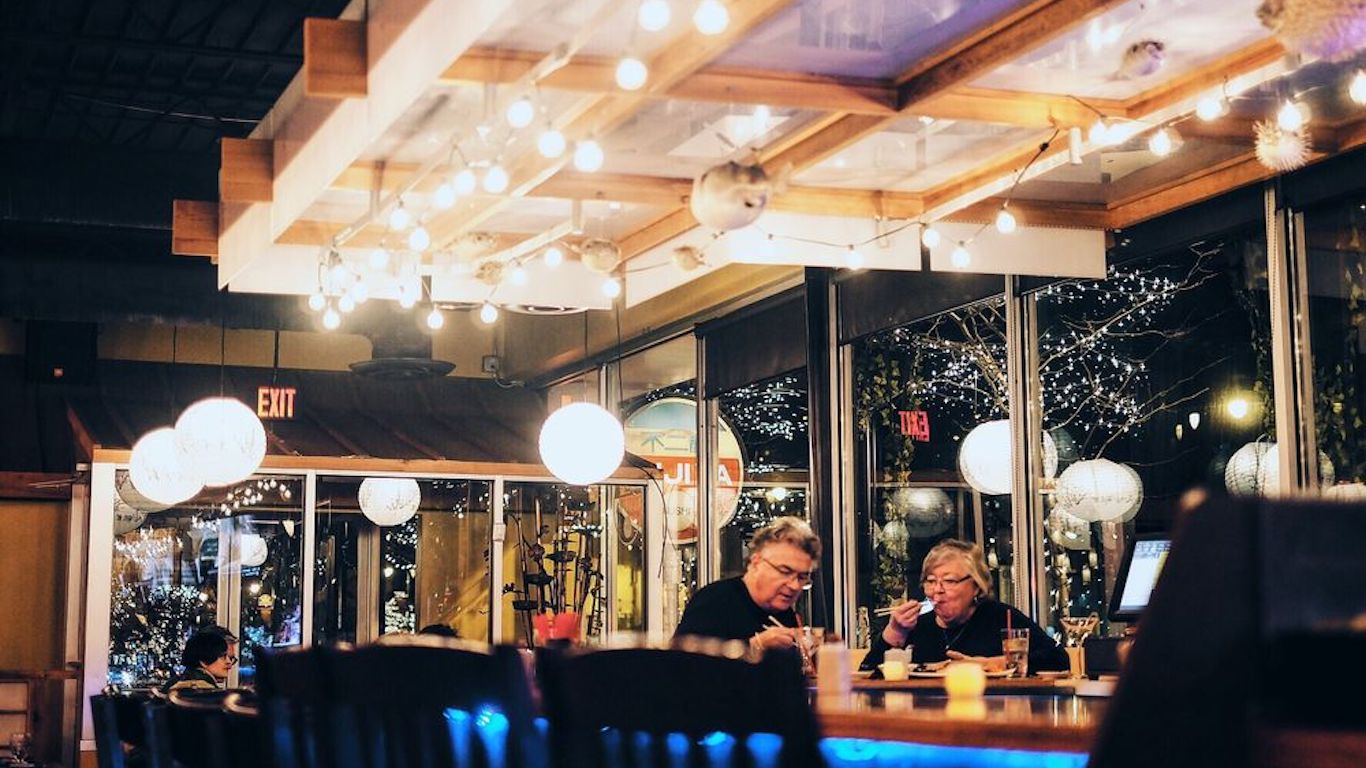
Minnesota: Fuji Ya
> Location: Minneapolis
When Reiko Weston opened Fuji Ya in 1959, it was apparently the first-ever Japanese restaurant in Minnesota. It expanded and spawned offshoots. Weston died in 1988, and two years later the place closed down — until her daughter brought it back to life in 1997. The restaurant shuttered temporarily in early May, but by the end of that month, its website carried the message: “Thank you for your support! Unfortunately we are closing our doors.”
[in-text-ad]
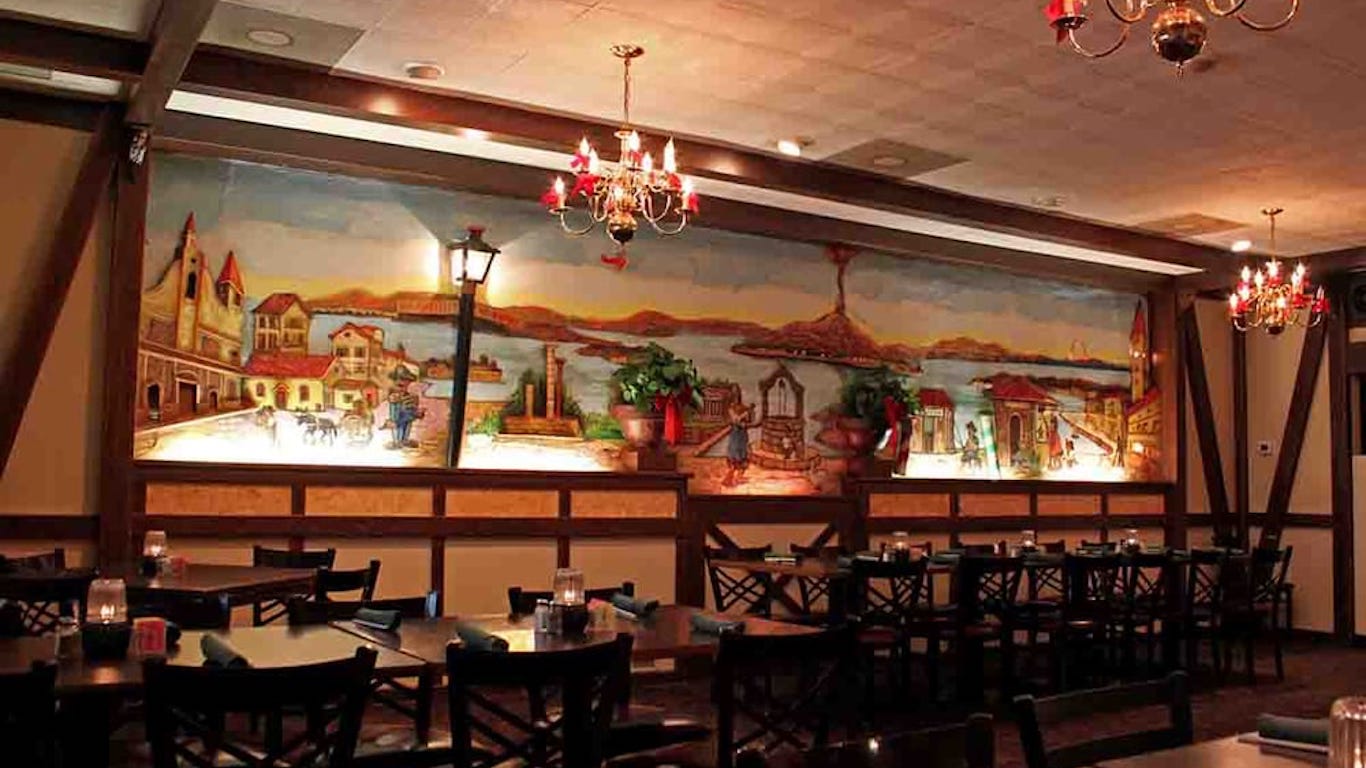
Missouri: Cusanelli’s
> Location: St. Louis
Occupying a building that traces its history back two centuries, this institution in the city’s Lemay neighborhood — featuring what it billed as “The Original St. Louis Style Pizza” — opened in 1954. It became a family favorite, and comments on the restaurant’s Facebook page sentimentally recall first dates, birthdays, anniversaries, and other momentous occasions celebrated there. It was also on Facebook that the owners announced that Aug. 30 would be the restaurant’s last night of service, “Due to covid and unforeseen circumstances …”
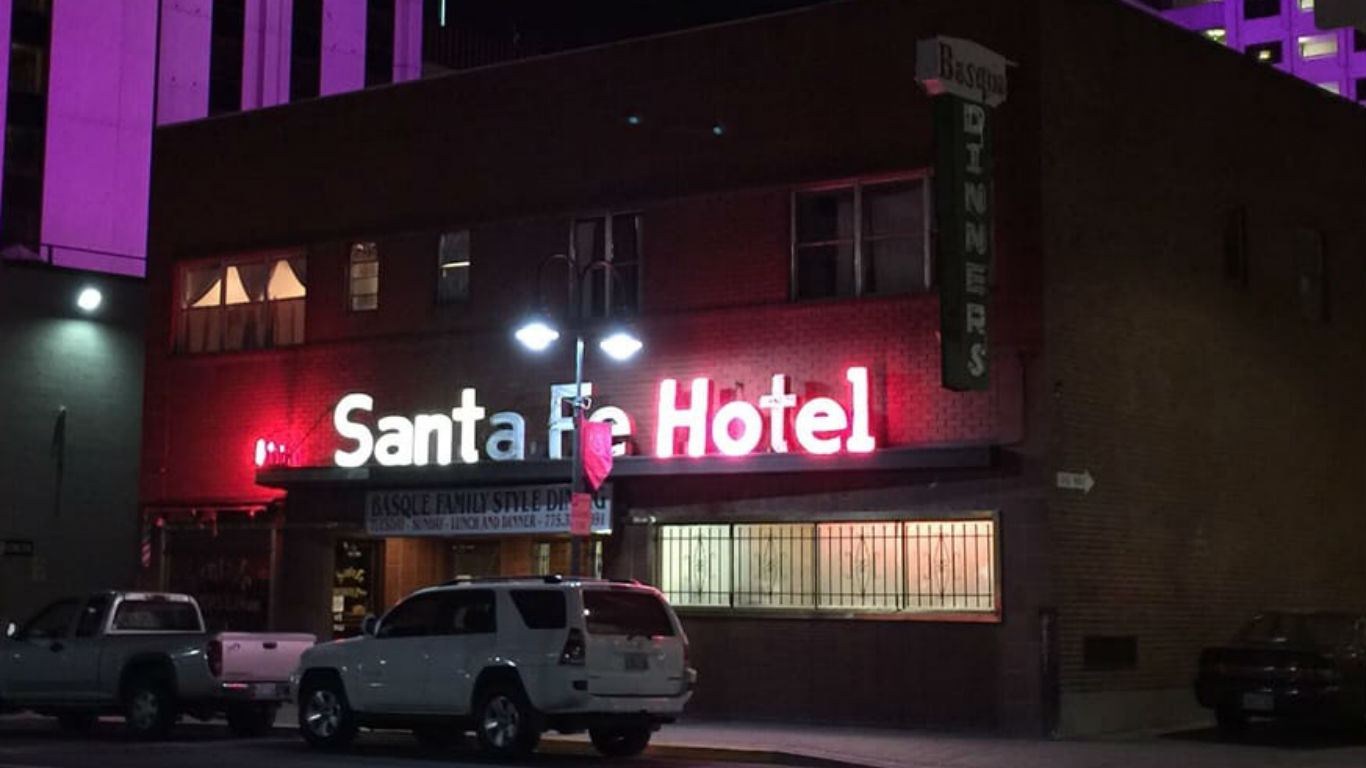
Nevada: Santa Fe Basque Restaurant
> Location: Reno
One of the best-known of a diminishing number of old-style Basque boarding houses/restaurants in Nevada, Idaho, and California, the 71-year-old Santa Fe served simple, hearty, multi-course meals in family-style abundance. A message on the restaurant’s Facebook page reads, “It’s official we have closed our doors. THANK YOU TO EVERYONE THAT HAS SUPPORTED US FOR THE LAST 71 YEARS. And a big thanks to all of our guests on our final night you made it an emotional yet awesome farewell.”
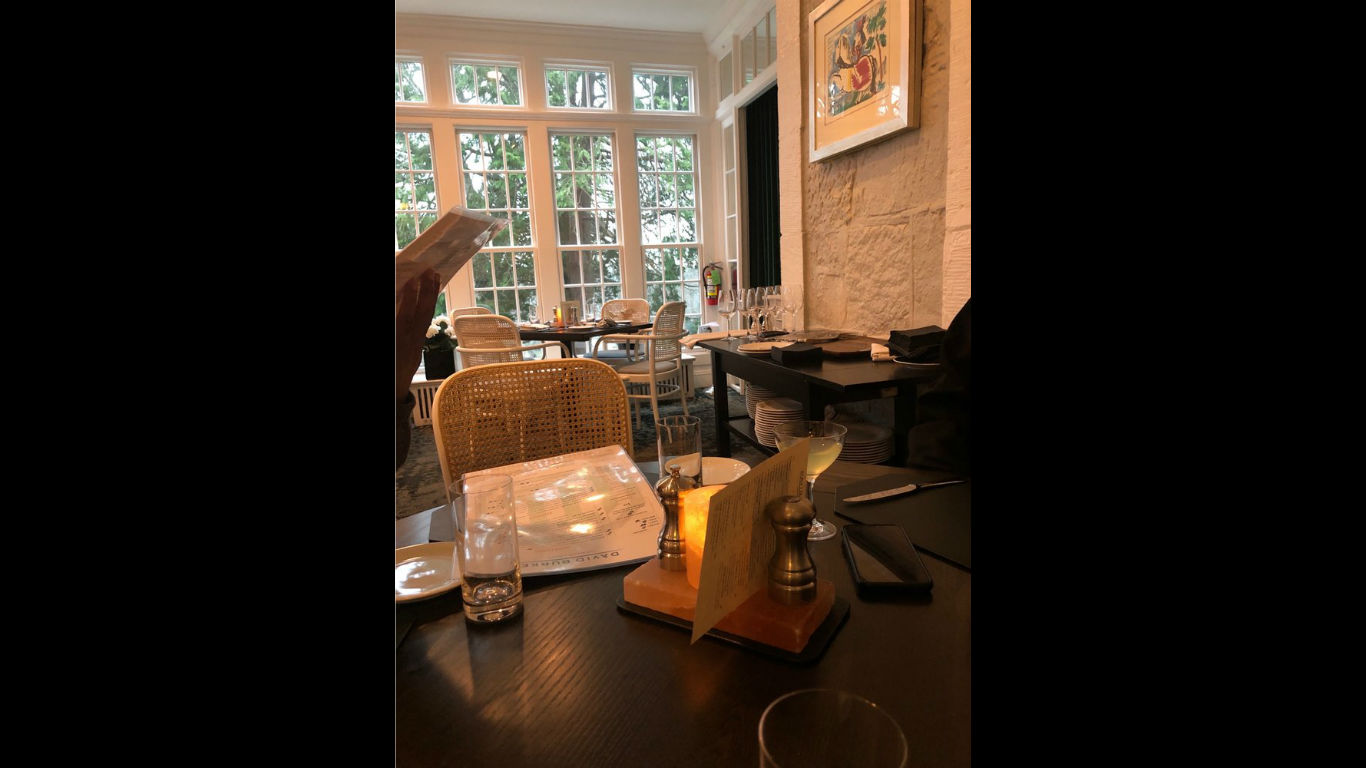
New Jersey: David Burke at Orange Lawn
> Location: South Orange
Celebrity chef David Burke, who oversees some 18 restaurants in four states and Washington D.C., opened this restaurant in the clubhouse of the 139-year-old Orange Lawn Tennis Club in 2019. The club decided in late October to close the restaurant because, as Burke told NorthJersey.com, “They didn’t think it would be worth running with 25% capacity indoors” — the current state-mandated limit.
[in-text-ad-2]
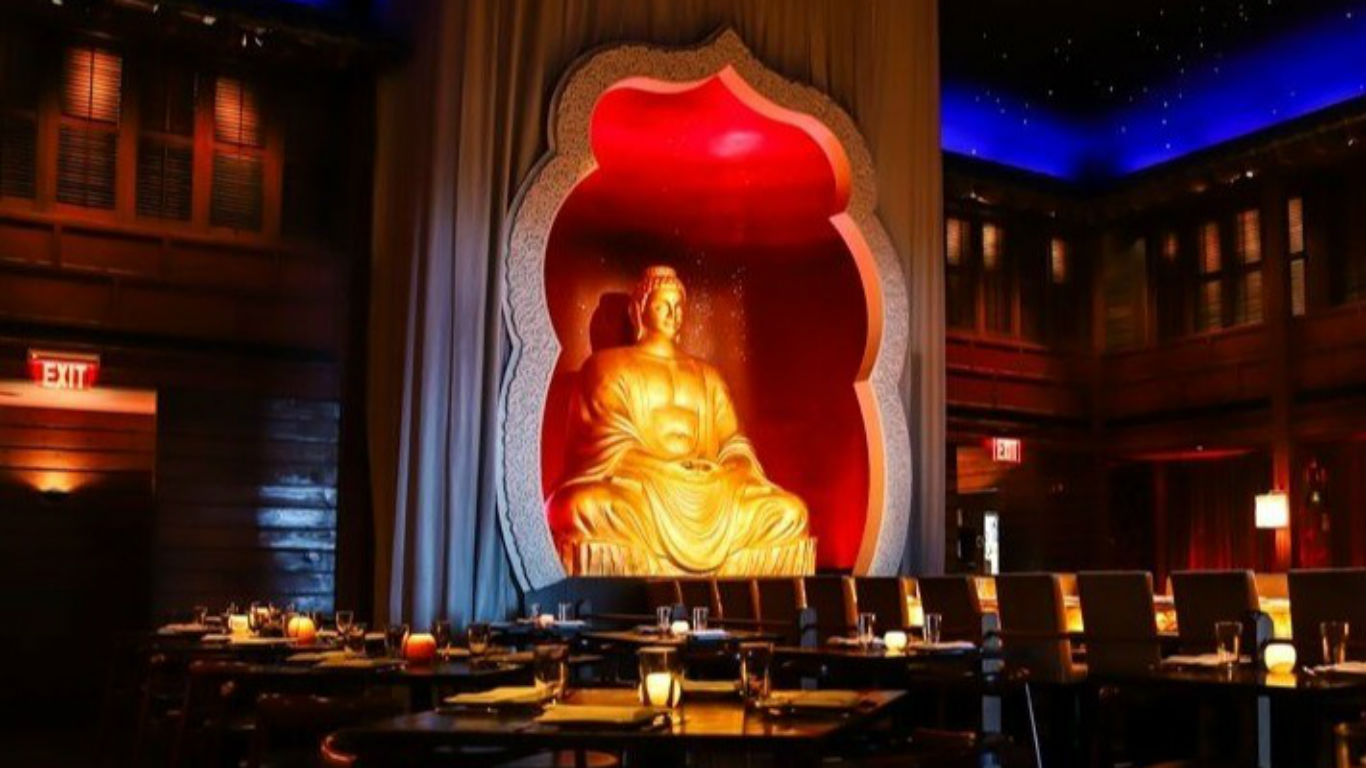
New Jersey: Buddakan
> Location: Atlantic City
Philadelphia-based restaurant mogul Steven Starr has announced that the Atlantic City branch of his Buddakan, which features “modern Asian cuisine,” will not be reopening. Buddakans in New York City and Philadelphia remain in business. The New Jersey location, on Playground Pier, has been closed since March. “We couldn’t continue in this environment with the coronavirus and the current state of the pier,” Starr told the Associated Press. “There was barely anyone left there except us.” Another Starr property on the pier, The Continental, won’t reopen either.
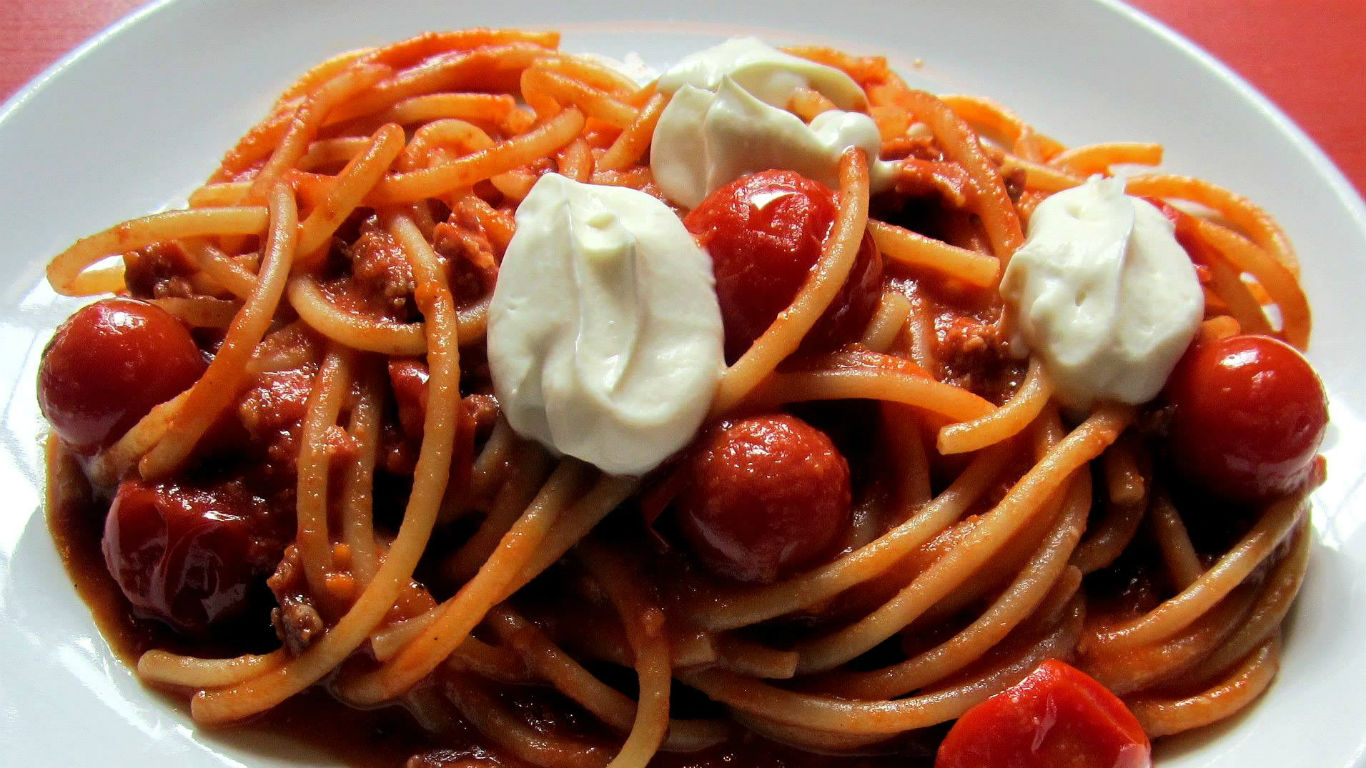
New York: Otto
> Location: New York City
In 2003, at the height of his pre-scandal fame as a celebrity chef-restaurateur, Mario Batali opened this Greenwich Village pizzeria-cum-wine bar in partnership with his associate Joe Bastianich. Business reportedly declined, here as at other Batali-Bastianich enterprises, after Batali was accused of sexual harassment and other offenses in 2017. When the pandemic hit earlier this year, Otto closed temporarily, then reopened with a limited takeout menu. While Bastianich has issued no official statement on the closure, the restaurant now stands empty, with a “For Rent” sign in the window.
[in-text-ad]
New York: Baohaus
> Location: New York City
This modest Taiwanese restaurant, known for its fried chicken and pork buns, launched the career of chef Eddie Huang — who went on to write a best-selling memoir, “Fresh Off the Boat,” which in turn became an ABC-TV sitcom running for six seasons. That didn’t ultimately help the restaurant. Posting on Instagram in early October, Huang said, “We held out as long as we could, but have decided to close.” While Huang didn’t specifically mention COVID-19, the owner of a neighboring convenience store painted a dark picture of the local business climate to Spectrum News NY1. “There is no future,” he said. Speaking of potential customers, he added, “I don’t think they are going to come back until January, maybe.” Huang is now directing a movie, “Boogie,” about a Chinese-American basketball player in New York City.
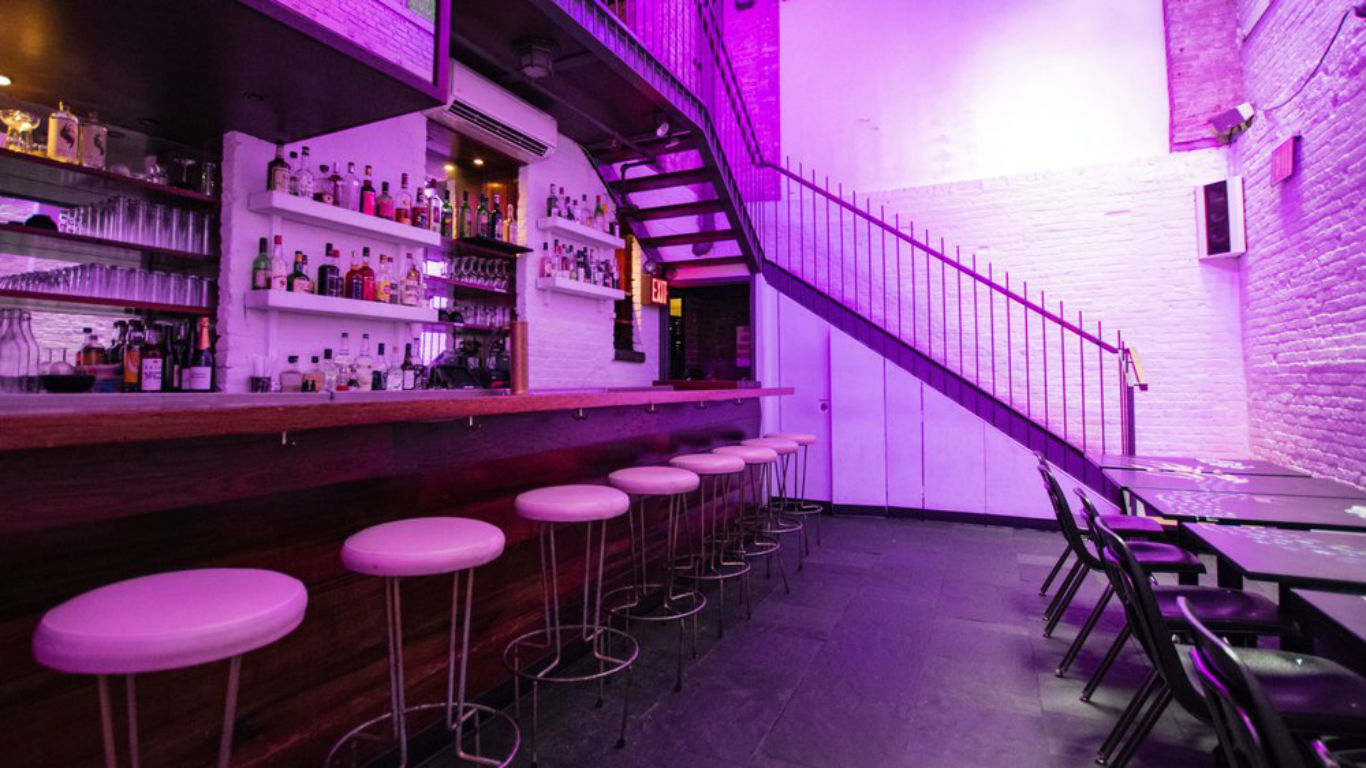
New York: Mission Chinese
> Location: New York City
When San Francisco’s Mission Chinese expanded to Manhattan in 2012, according to Eater critic Robert Sietsema, it hit the city “like a ton of bricks, generating long lines eager for salt cod fried rice, chicken hearts in Sichuan chile oil, and Mongolian long beans.” The challenges posed by the pandemic, however, were its undoing. A message from Bowlien on the restaurant’s Instagram page in mid-September said that he was closing the restaurant, with plans “to create a business model that forges a new path for survival on our terms.” That’s probably just as well because a story on Grub Street in late October detailed “nightmare” working conditions in the restaurant’s kitchen, including racist insults and physical abuse. (A second location, in Brooklyn, remains open.)
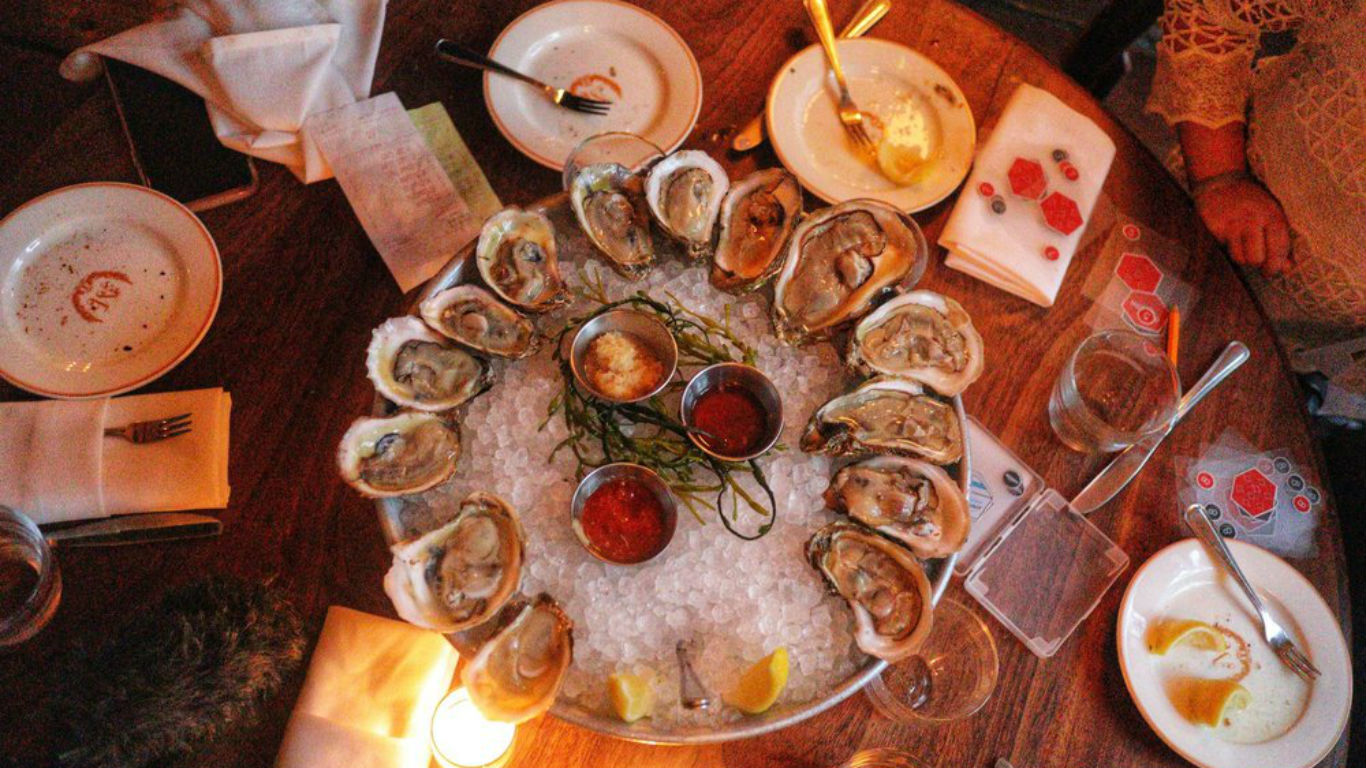
New York: Maison Premiere
> Location: Brooklyn
This popular nine-year-old Williamsburg restaurant, known for its oysters, its New Orleans-style dishes, and its James Beard Award-winning bar program, is out of business. Though it has issued no official statement, its website and Instagram page have shut down, its Facebook page continues no posts, and its phone number is not in service. Maison Premier’s sister restaurant, Sauvage, also in Brooklyn, is similarly closed. Both restaurants filed for Chapter 11 bankruptcy a year ago but had continued operating until they were closed, theoretically temporarily, with the advent of the pandemic.
[in-text-ad-2]
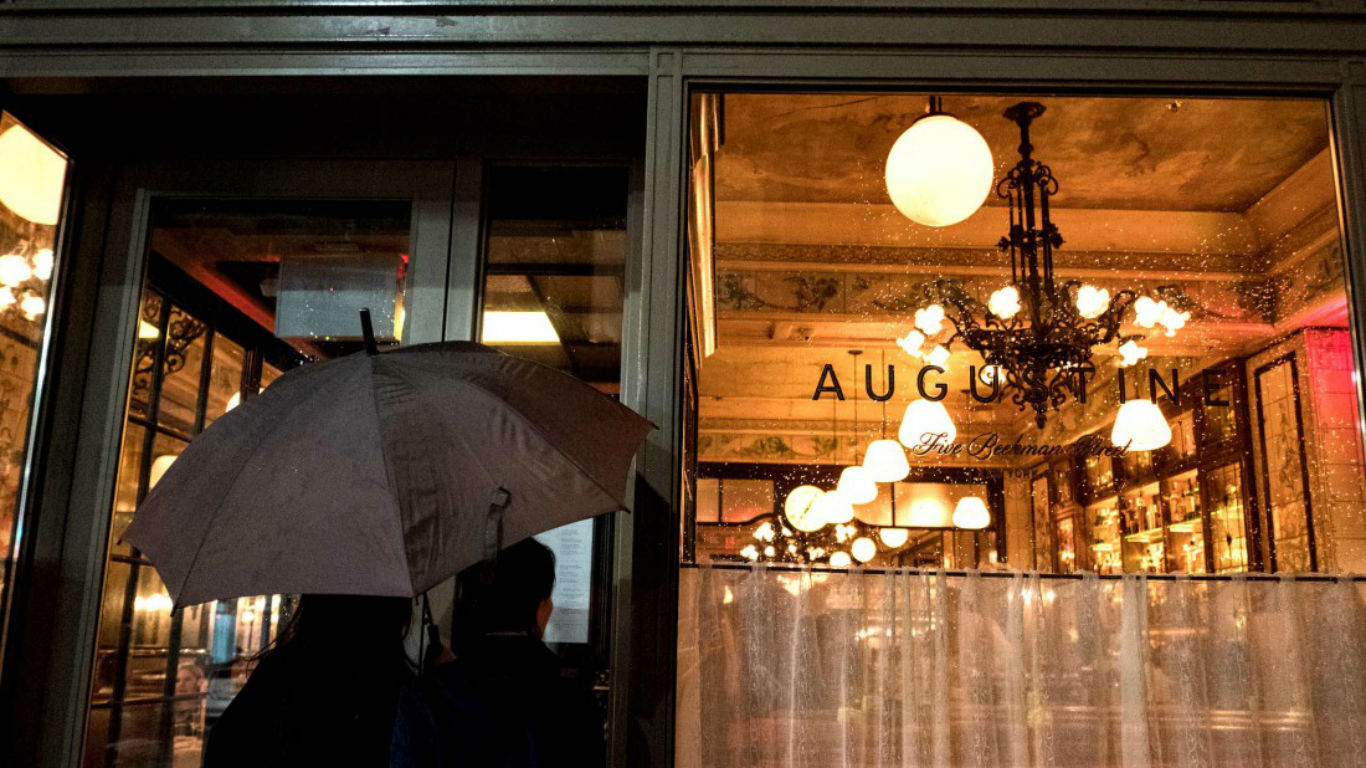
New York: Augustine
> Location: New York City
Blaming the inflexibility of his landlord, celebrated restaurateur Keith McNally announced on Instagram in late July that his French brasserie in downtown Manhattan’s Beekman Hotel, opened in 2016, is now out of business. McNally, who himself was hospitalized for COVID-19 in April but is now fully recovered, had earlier closed his 31-year-old SoHo bistro Lucky Strike due to the pandemic. On Instagram, McNally wrote that he looked forward to seeing his customers at one of his other New York City establishments — which include Balthazar, Pastis, and Minetta Tavern — “Or Debtor’s Prison – whichever comes first.”
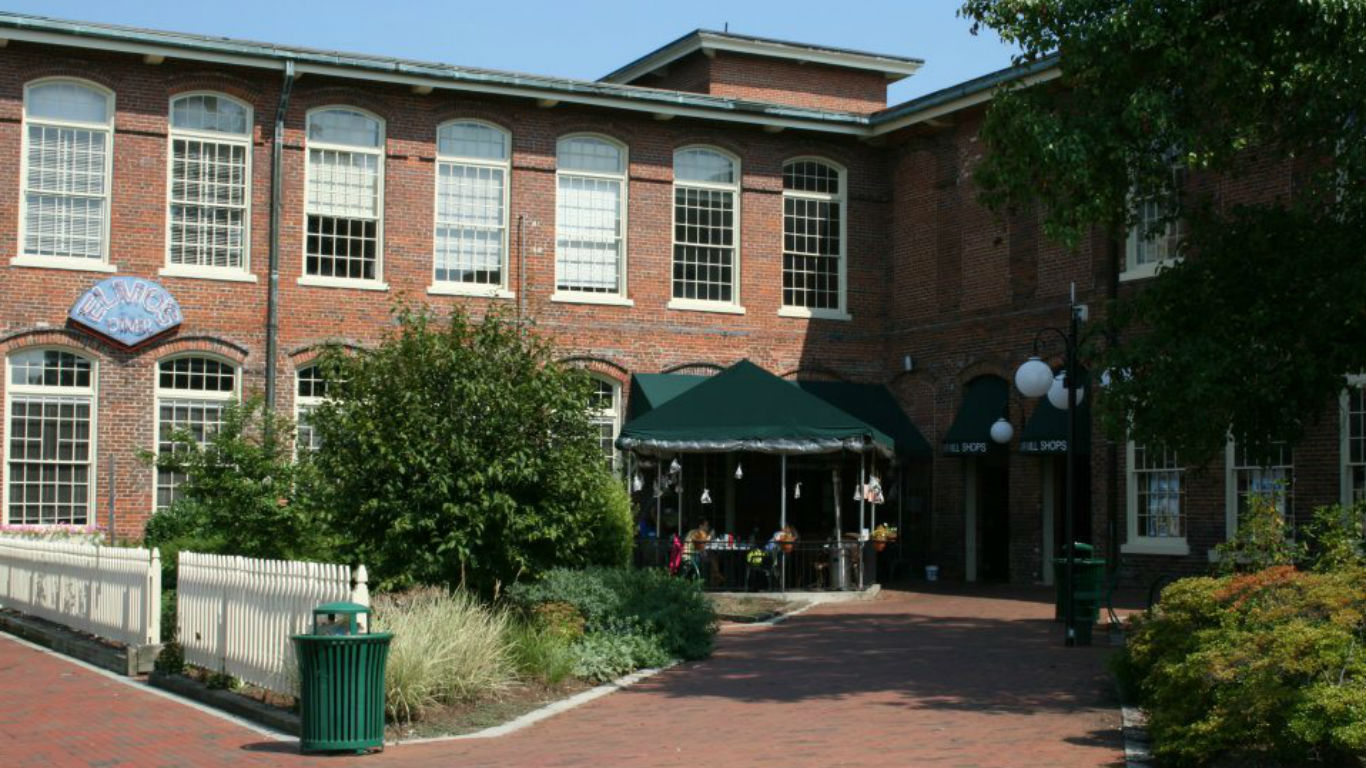
North Carolina: Elmo’s Diner
> Location: Carrboro
In a lengthy Facebook message posted Sept. 18, Elmo’s — famous for almost 30 years for its all-day breakfasts — announced that it was permanently closed. “We cannot wrap our heads around how we can safely serve people and stay distant from our co-workers and our customers,” read the statement in part. “We cannot wrap our heads around how limited capacity can pay the bills or how take-out can be enough to outweigh the risks for both us and our customers.” The message adds,”while scrutinizing the whole of our situation, our moral and financial obligations we realized we have been waiting in denial for a miracle.”
[in-text-ad]
Ohio: Lola Bistro
> Location: Cleveland
Cleveland’s best-known chef, Michael Symon, announced on Nov. 20 that he was shutting down his flagship downtown bistro permanently. The 23-year-old Lola closed at the start of the pandemic, then reopened for limited service on June 25. Several Lola employees tested positive for COVID-19 the week of Nov. 16, but Symon’s business partner, Doug Petkovic, told Cleveland.com that the closure wasn’t related to those cases. “We closed because the pandemic made the situation untenable at the level of business we were doing,” he said.
Ohio: Sokolowski’s University Inn
> Location: Cleveland
“They don’t get much more Cleveland than Sokolowski’s,” according to Cleveland Scene. Founded in 1923, the restaurant served Polish specialties to celebrities (including more than one U.S. president) and ordinary locals alike. Facing health issues, third-generation proprietors Bernie and Mike Sokolowski, who owned the place with their sister Mary Lou, had planned to close the place for good after their 100th anniversary three years hence. “Covid just sped up our decision unfortunately,” Mike told a reporter for Cleveland’s WOIO-TV.
Oregon: Beast
> Location: Portland
“One of the early stars in Portland’s culinary renaissance,” as Eater put it, 13-year-old Beast is history. Owner Naomi Pomeroy explained to The Oregonian’s Oregon Live website that her tiny restaurant — which occupied only about 800 square feet, including kitchen, prep area, and bathroom — could serve only about two dozen customers at two communal tables, even in pre-COVID times. Now, she said, she’d have room for only eight customers to observe social distancing protocols. Pomeroy told Eater that she might reopen Beast in a larger space once the pandemic has passed, and in the meantime plans to install a neighborhood market, called Ripe Collective, in its former premises.
[in-text-ad-2]
Oregon: Pok Pok restaurants
> Location: Portland
James Beard Award-winning chef-restaurateur Andy Ricker, whose Pok Pok restaurant group specializes in northern Thai and Vietnamese cooking, announced on Instagram in mid-June that he was closing four of his six Portland locations. It was originally reported that the shuttered restaurants would include Pok Pok NW, Whiskey Soda Lounge, and two outposts of Pok Pok Wing. The original Pok Pok would reopen, it was said, and a third Pok Pok Wing might also come back to life. Currently, however, the Pok Pok website states that “All Pok Pok restaurant locations are closed for on site service,” adding that meal kits and some prepared food is available for pickup at the company’s commissary kitchen.

South Carolina: Smokey’s Place
> Location: North Charleston
The only veteran-owned eatery in the Charleston area, Smokey’s offers discounts to all active-duty and reserve military members and honors POWs and MIAs with a symbolic empty chair. Opened in 2010, it has become a local institution, but COVID-19-related restrictions have finished it off. Proprietor Smokey Blase told ABC 4 News that capacity limits meant that he often had “to chase out a full house — you see dollars walk out the door.” On Oct. 22, he posted a message on the restaurant’s Facebook page reading: “It is with great sadness that I announce that Smokey’s Place, after almost 11 years, will close our doors for good on Jan. 1.”
[in-text-ad]
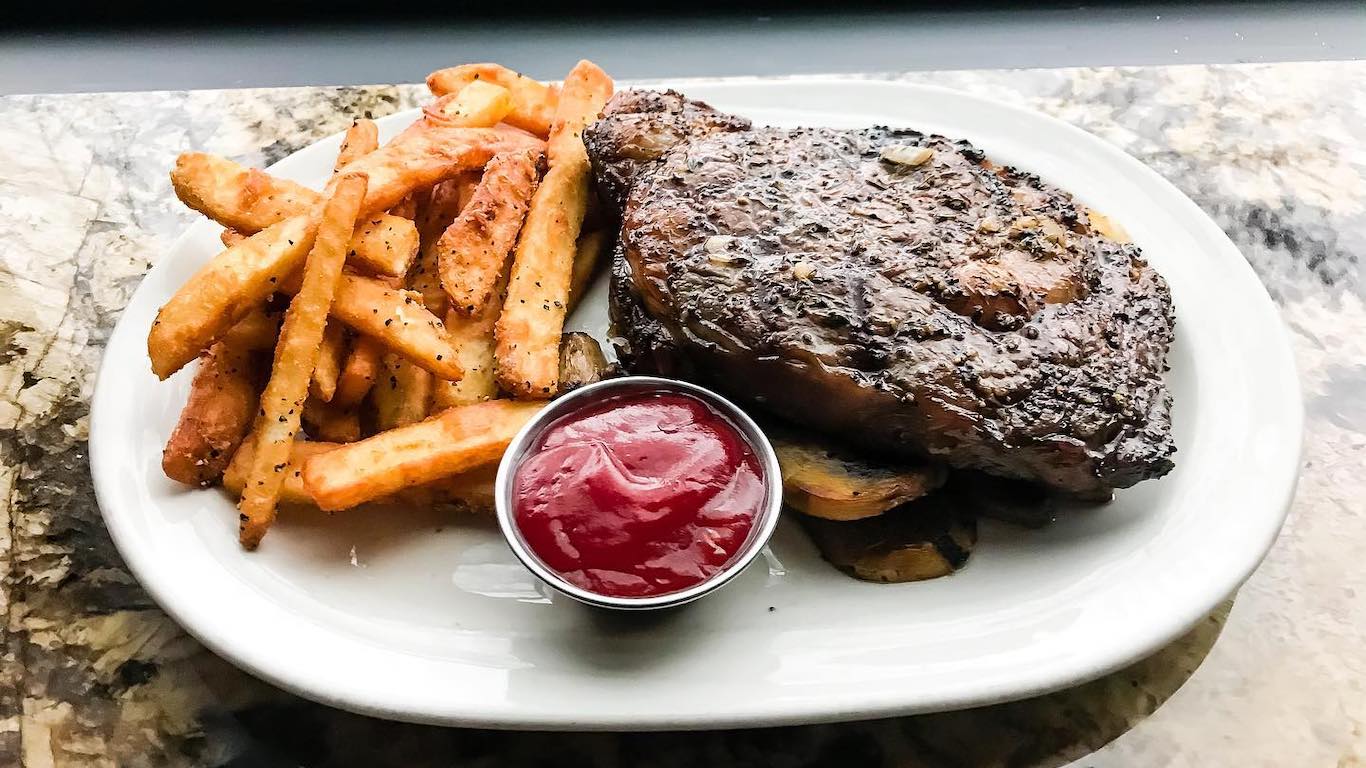
South Dakota: RED Steakhouse
> Location: Vermillion
Opened 10 years ago, RED aimed to provide what owners Jerad and Peggy Higman called, “an upscale experience with small town warmth.” One of the best-known restaurants in this college town in southeastern South Dakota, near the Nebraska border, closed, supposedly temporarily in March, but on Sept. 4, the Higmans announced, “with much regret” that it wouldn’t reopen.
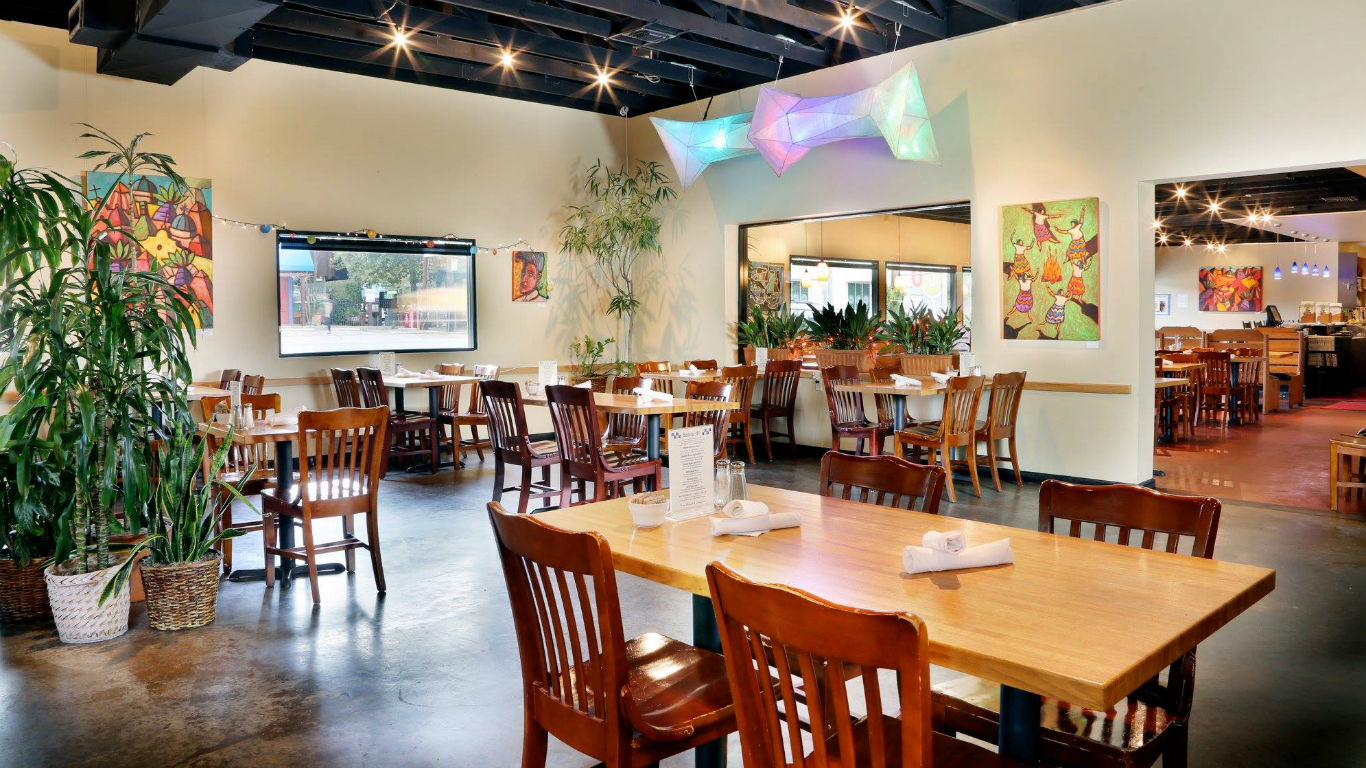
Texas: Mother’s Café & Garden
> Location: Austin
Oct. 24 was the final day for Mother’s Café, a 40-year-old vegetarian restaurant in the Texas capital’s Hyde Park neighborhood. In September, John Silverberg, owner of the iconic establishment, told CBS Austin that since the pandemic hit, “We’ve seen a 75% drop.” Mother’s had been serving only a limited takeout menu, and by mid-October, Silverberg realized that the business wasn’t sustainable and made the decision to shut down permanently.

Texas: Kenny & Ziggy’s New York Delicatessen
> Location: Houston
This once successful West University area deli is the latest Houston mainstay to close for good. “Before COVID, the store was doing well,” owner Ziggy Gruber told CultureMap Houston. “With COVID, we couldn’t do it.” In order to comply with social distancing requirements, he said, he’d have to limit the number of tables in the place to six or seven, which would make it impractical to remain in business. Another location, on Post Oak Boulevard, is larger and will be able to stay open.
[in-text-ad-2]
Texas: Luby’s
> Location: Various
This iconic 73-year-old Texas cafeteria chain, with some 60 locations currently open across the Lone Star State, announced on Sept. 8 that it was liquidating its assets. Generations of Texans have flocked to Luby’s for its chicken-fried steak and other comfort food (it was a particular family favorite for Sunday lunch). The chain responded to the emerging pandemic in March by temporarily closing restaurants and furloughing more than half its corporate employees. In June, Luby’s revealed that it was putting its restaurants up for sale, at least partially, due to the effects of COVID-19. The decision to shut the operation down was made to “maximize value for our stockholders, while also preserving the flexibility to pursue a sale of the company should a compelling offer that delivers superior value be made,” Luby’s CEO and president Christopher J. Pappas said in a statement. The company also owns the nationwide Fuddruckers burger chain, which is also being liquidated.
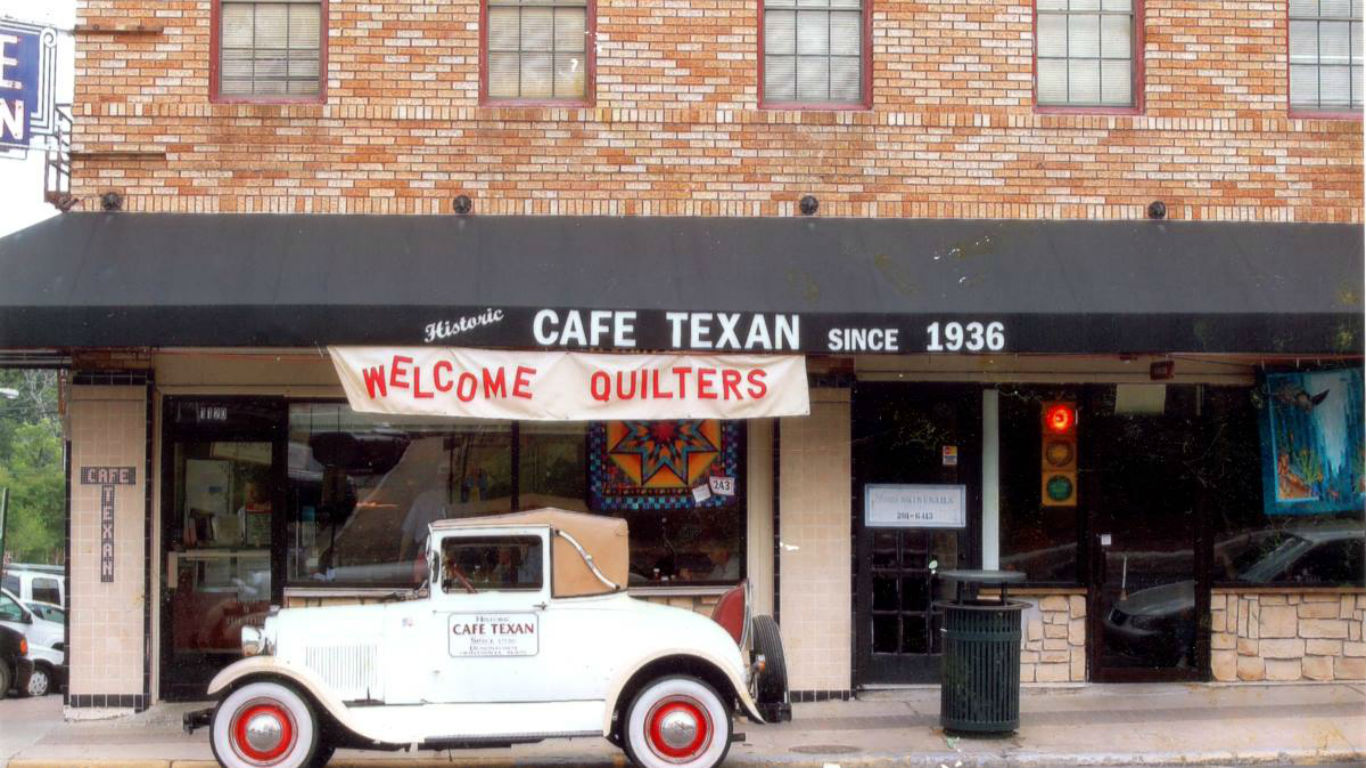
Texas: Cafe Texan
> Location: Huntsville
This iconic 83-year-old establishment north of Houston, said to have been the oldest café in Texas still in its original location, is gone for good. Owner John Strickland told The Huntsville Item that he had remained closed for months out of concern for the health of his customers, many of whom were seniors, and his staff. However, he said, “I had not intended to close it permanently.” When he realized that that would be necessary, he sold the building, which will apparently be turned into a museum.
[in-text-ad]
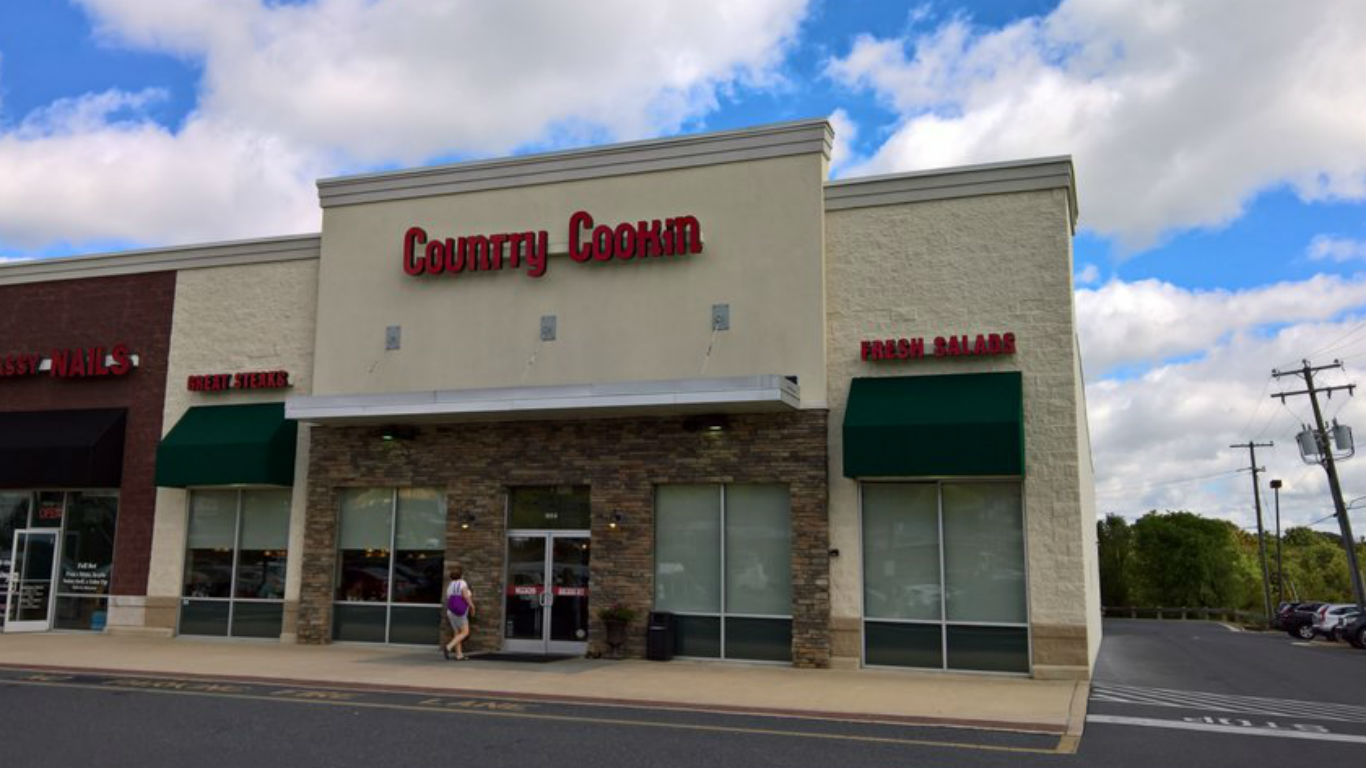
Virginia: Country Cookin
> Location:statewide
“Sold Out: All Locations Are Now Closed,” reads a message on the home page for this 13-unit Virginia cafeteria chain. In noting its demise, the News Virginian described the typical Country Cookin unit as “A community gathering place for lovers of low-cost buffet dining and where kids ate for free.” Oct. 17 was the chain’s last day in business. “The devastation to our communities, industry, employees and company resulting from the pandemic and mandated closures is heart-breaking,” wrote company president Tom Dodson on the chain’s social media platforms.
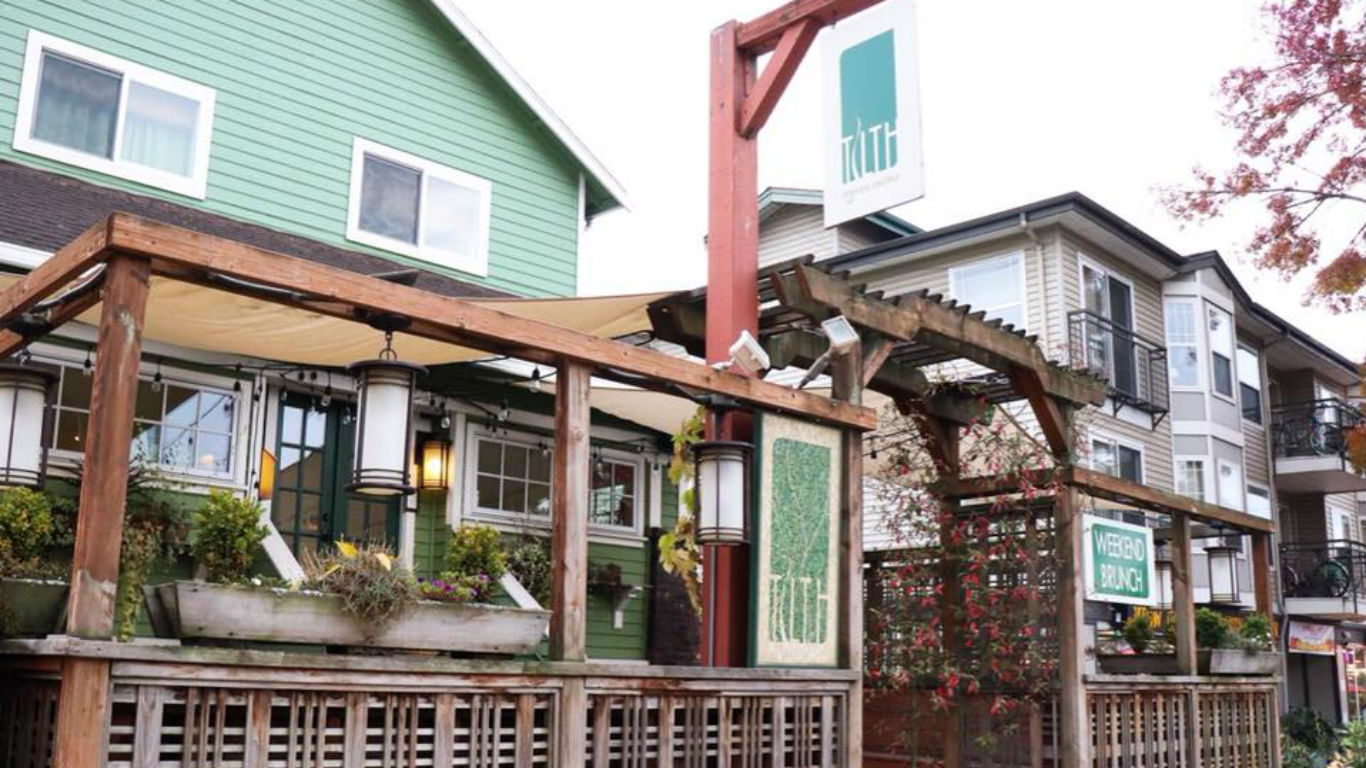
Washington: Tilth
> Location: Seattle
Oct. 30 marked the end for this James Beard Award-winning restaurant, which the Seattle Times said “represented a movement in Seattle dining: talented, independent chefs expressing creativity and supporting local farmers.” Since COVID-19 hit, chef-owner Maria Hines told the publication, her business had dropped 70%. She added, though, that saving lives was more important than the shuttering of her establishment — an act she described as “downright trivial compared to a lot of the suffering people are going through.”
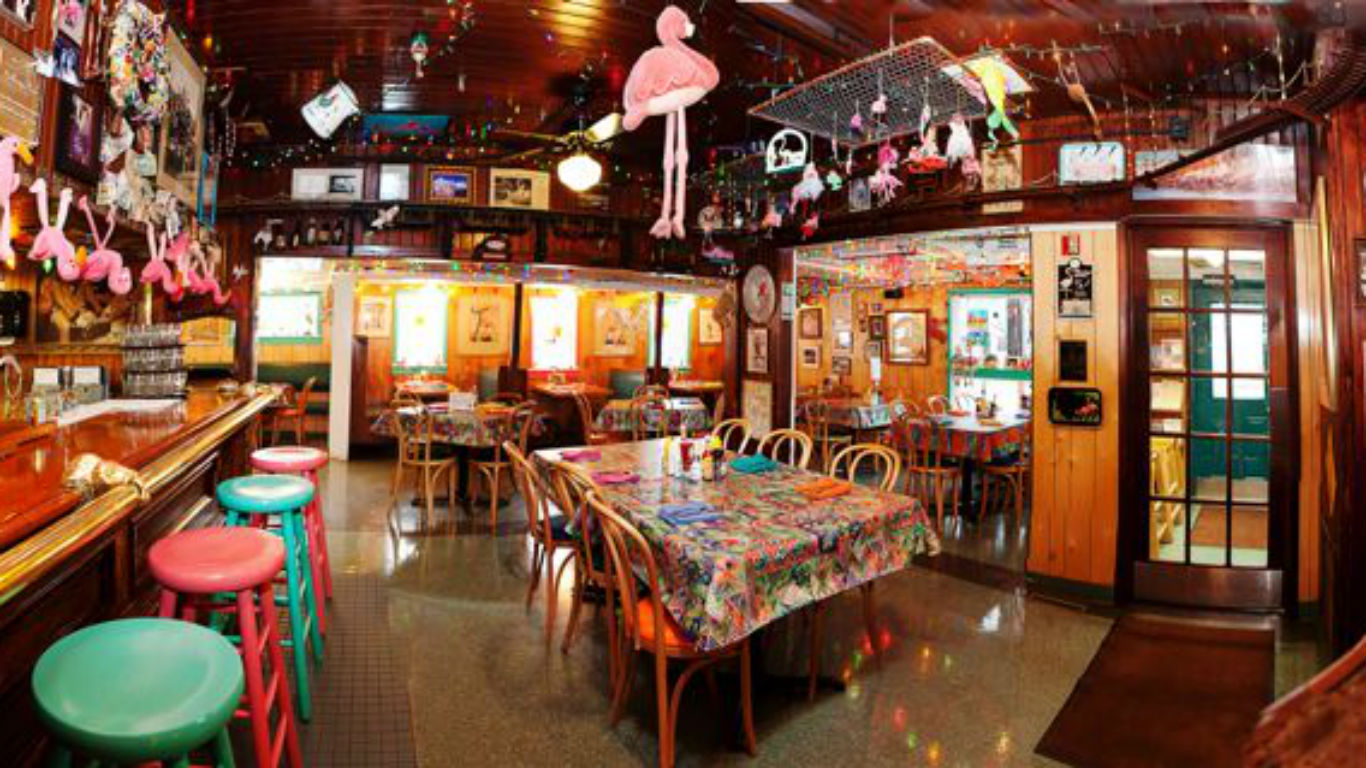
Wisconsin: Maggie’s
> Location: Bayfield
The description on the website of this casual eatery on the south shore of Lake Superior says: “Owner Mary H. Rice’s ode to flamingos, food and fun delivers the best of Bayfield’s fruits, vegetables and fresh fish to your table.” That’s no longer accurate, as the 40-year-old restaurant is now open only for takeout — and even that won’t last for much longer. On Oct. 20, Rice added a note to Maggie’s homepage that reads, “Moving through these uncertain times and with the daily changing industry landscape, on December 31st, 2020, the doors to Maggie’s will be closing permanently and I will be retiring from the restaurant world.”
[in-text-ad-2]
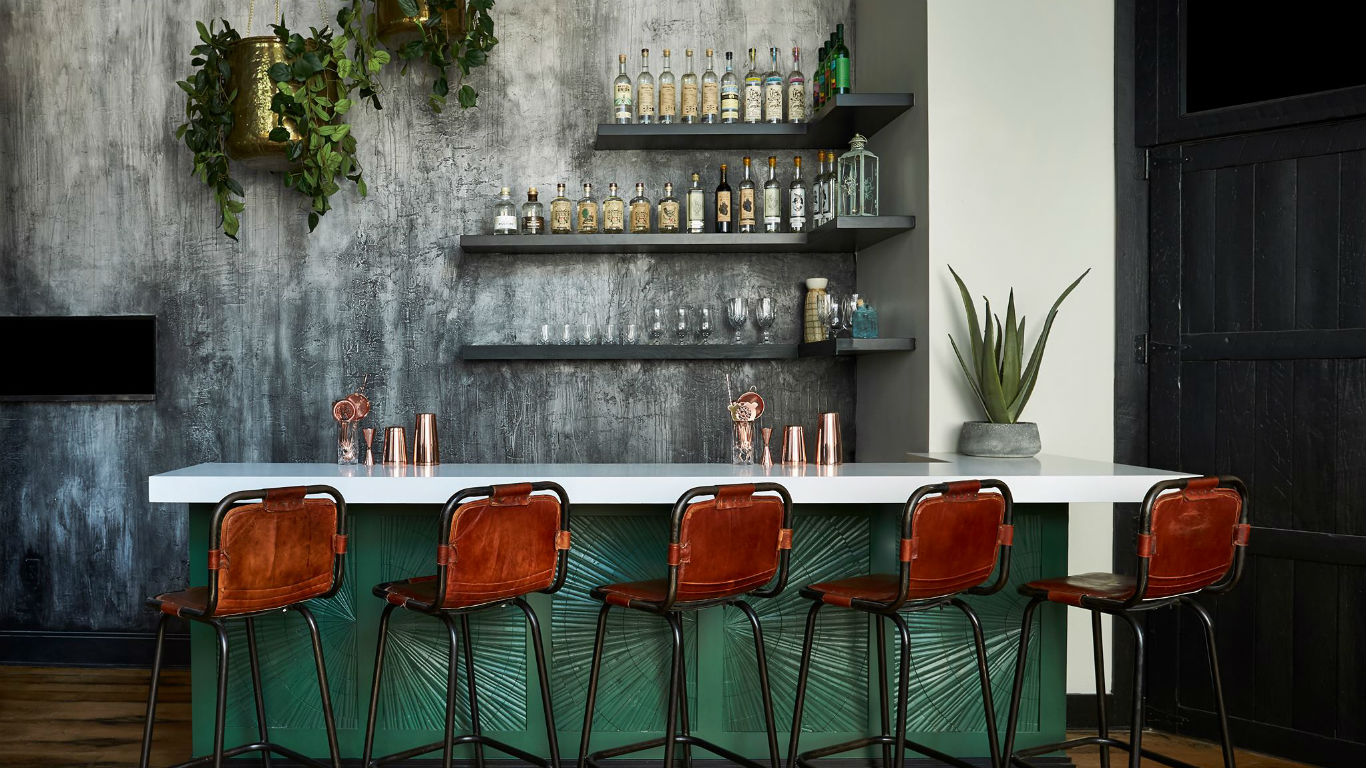
Washington D.C.: Poca Madre
> Location: Washington D.C.
An innovative Mexican establishment launched in 2018 by chef Victor Albisu, owner of the Taco Bamba taquería chain in northern Virginia, Poca Madre reached the No. 6 slot on Washingtonian’s list of the area’s 100 best restaurants, and Washington Post critic Tom Sietsema named it one of his top ten favorites in 2019. Poca Madre — along with an adjacent Taco Bamba location — closed with the implementation of a dine-in ban in mid-March, theoretically for a limited period. According to Washingtonian, with tourism in the restaurant’s neighborhood down 53% and offices operating at only 5% capacity, Albisu has made the decision not to reopen either place.
After two decades of reviewing financial products I haven’t seen anything like this. Credit card companies are at war, handing out free rewards and benefits to win the best customers.
A good cash back card can be worth thousands of dollars a year in free money, not to mention other perks like travel, insurance, and access to fancy lounges.
Our top pick today pays up to 5% cash back, a $200 bonus on top, and $0 annual fee. Click here to apply before they stop offering rewards this generous.
Flywheel Publishing has partnered with CardRatings for our coverage of credit card products. Flywheel Publishing and CardRatings may receive a commission from card issuers.
Thank you for reading! Have some feedback for us?
Contact the 24/7 Wall St. editorial team.